"Grasslands of Central Asia: Global Challenges and Global Opportunities": Final Result and Analysis
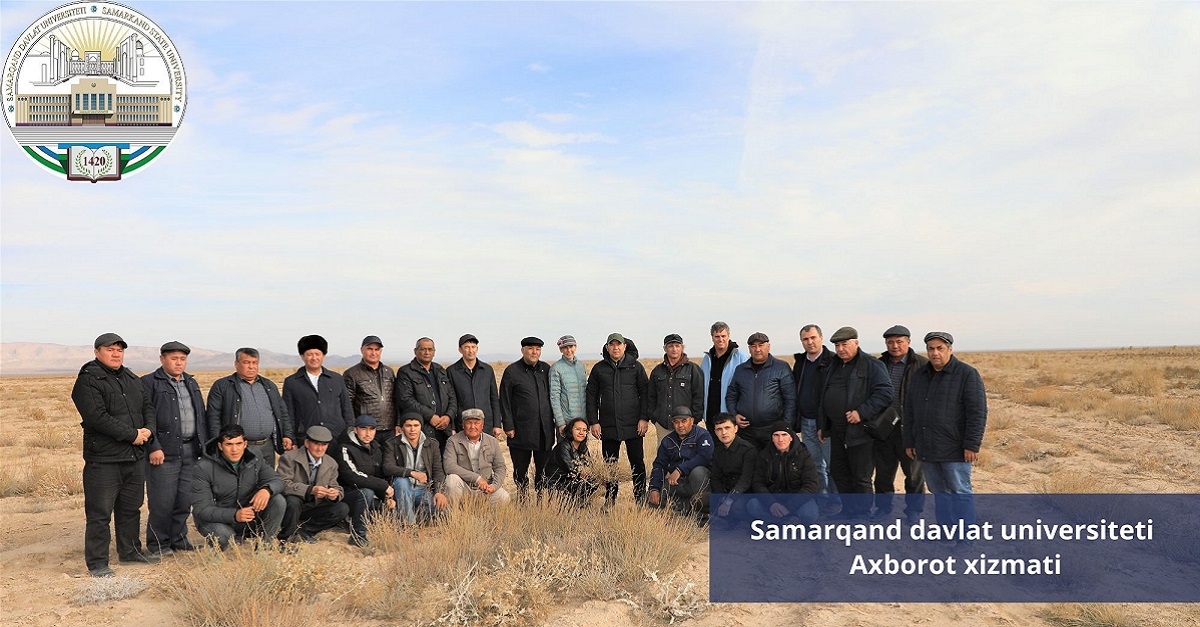
The international conference "Pastures of Central Asia: Global Problems and Opportunities", held at Samarkand State University, is nearing completion. During the conference, a field seminar was organized on the pastures of the Nurabad district of the Samarkand region. It was attended by representatives of international organizations participating in the conference, foreign scientists and professors, as well as representatives of Samarkand State University.
The participants of the field seminar conducted field seminar observations based on modern ecological methods for assessing pastures in the pastures of Tim-Agron cattle breeders LLC, located in Karnobchul districts of Nurabad district.
The main goal of the field workshop is to restore the ecological sustainability of pastures, improve their natural state, the second issue is the assessment of pastures using modern digital technologies. On this basis, together with foreign scientists, employees of the State Research and Design Institute "Uzdaverproekt" under the Ministry of Agriculture of the Republic of Uzbekistan, pastures were monitored using drones.
Director of the Institute of Agrobiotechnologies and Food Security of Samarkand State University, Associate Professor Toshpulot Rajabov informed about the results of the field workshop:
- Currently, a number of fruitful works are being carried out within the framework of the national project "Green Space", implemented at the initiative of our President. The field workshops organized within the framework of the conference “Grasslands of Central Asia: Global Challenges and Global Opportunities” were literally one such event.
Our republic occupies 47% of the total land area, that is, 21.1 million hectares. pastures make up a hectare. And there are only 4 million irrigated lands. hectares. This fact alone shows how important pasture management is for our republic. In this context, the renewable feed production potential has now been exhausted at 11 million, making it unsuitable for livestock use. the main problem is to improve the ecological state of pasture hectares. Within the framework of the International Conference “Pastures of Central Asia: Global Problems and Global Opportunities”, we organized a field seminar in the pastures of Karnobchul, Nurabad district.
Within the framework of the seminar, the ecological state of these pastures, the soil layer were studied, pasture plants were planted on an area of 2 hectares. Desert plants are mainly planted during the cold season as they adapt to growing in very hot conditions. On this basis, within the framework of the field workshop, we began work on the restoration of sagebrush pastures in the Nurabad pastures. According to the plan, pasture plants such as wormwood, izen, teresken are planted on these pastures. Pastures were also monitored by drones. As a result of observations, we obtained images to form a modern map reflecting the same state of these pastures. Thanks to the results obtained, we have received highly accurate resources on the affected pasture areas, the ecology of plant distribution. This work allows us to obtain accurate data that is both economically and practically useful in assessing the current state of pastures. This result was difficult to achieve with the traditional methods that are practiced to this day.
Now the results obtained as a result of field observations must be processed and applied in science. This requires, first of all, modern technologies and modern knowledge. But, unfortunately, today we lack modern specialists in the field of pasture science and pasture management. In this regard, a special place is occupied by cooperation with international organizations participating in the conference.
It must be said that so far, domestic scientists have developed a number of systemic technologies for improving the state of pastures. But the implementation of these projects requires huge efforts and funds and is economically costly. One such way is planting plants by plowing pastures. This can lead to a violation of the composition of the soil layer, since the road requires a lot of effort and time. Desert soils are considered a "delicate product" of nature. Once a layer of soil breaks, it will be difficult for it to return to its previous state. This mistake was made in the US experience. In the 1920s and 30s in America, large pastures were plowed up for agricultural use. This led to strong dust storms. For this reason, grazing is now banned in the US. With similar implications, technologies have now been developed in America that improve the environment with less impact on land cover and pasture ecosystems.
A single mechanism that brings together scientific research, education, and pasture users serves to develop the field of pasture ecology and management. In this process, Samarkand State University acts as a base center. Within the framework of the conference, SamSU became a member of the International Society for Pasture Management of the USA. In this regard, a cooperation agreement was signed between Samarkand State University, the Republican Pasture Development Association and the University of Nevada USA, as well as the International Society for Pasture Management. Currently, it is planned to create a section of Uzbekistan in this society. This task will allow pasture scientists of Uzbekistan to keep abreast of world innovations and modern developments in the field of pasture ecology.
An agreement was also reached on the creation of a joint educational program between Samarkand State University and the University of Nevada in the USA in the direction of a master's degree in pasture ecology and pasture management. Also in February 2023, a delegation of scientists from Samarkand State University and the Republican Association for the Development of Pasture Management is planned to participate as participants in a conference held by the International Society for Pasture Management in the USA. In general, pasture science, the development of which in Uzbekistan is considered as a necessary area, requires not only the development of pasture ecology and management, but also, in addition to it, new work in such areas as pasture production, pasture tourism. Similar work should be carried out in our country, scientifically substantiated from a practical and theoretical point of view.
On the next day of the conference, a training seminar was organized, consisting of an analysis of the results obtained using drones. In it, foreign scientists who participated in the field seminar, along with the analysis of the data obtained, expressed their proposals on the identified problems. SamSU scientists and conference participants taught scientists from the University of Nevada and the University of Rostock how to process drone photographs of pastures using special software tools.
Foreign scientists emphasized that in order to improve the ecology of pastures in the conditions of our republic, it is necessary to focus on two aspects: environmental and economic, and gave a number of practical proposals on this issue.
It is worth noting that in countries with developed pasture science, attempts are being made to eliminate pasture problems through the widespread use of digital technologies, geographic information systems and remote sensing methods.
The conference, organized on the initiative of Samarkand State University, sets big tasks for industry specialists, partner organizations, contributes to the development of pasture science and production in Uzbekistan at a modern level and serves as an important step in the implementation of major projects aimed at improving the ecological state of pastures in our republic.

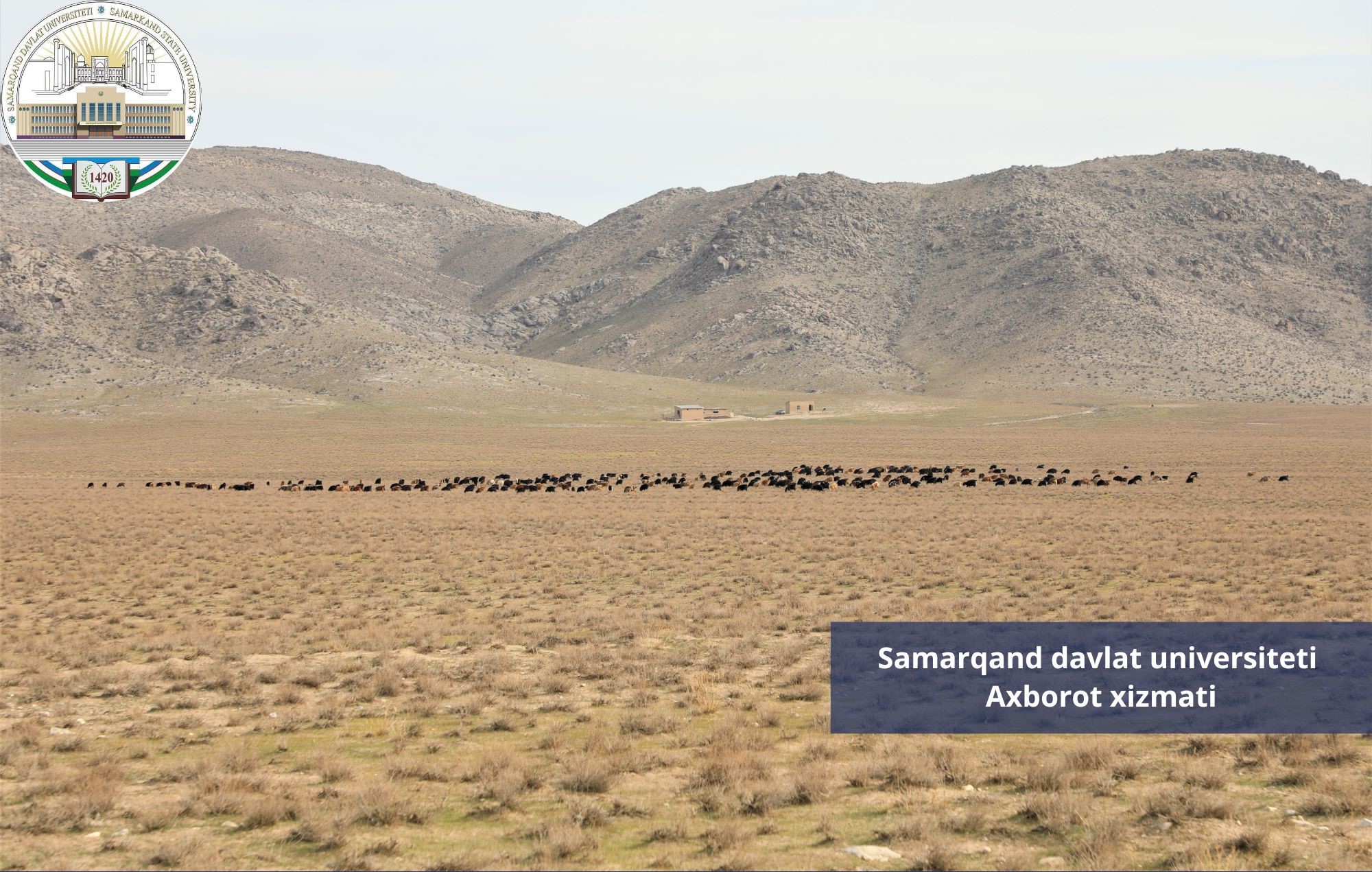
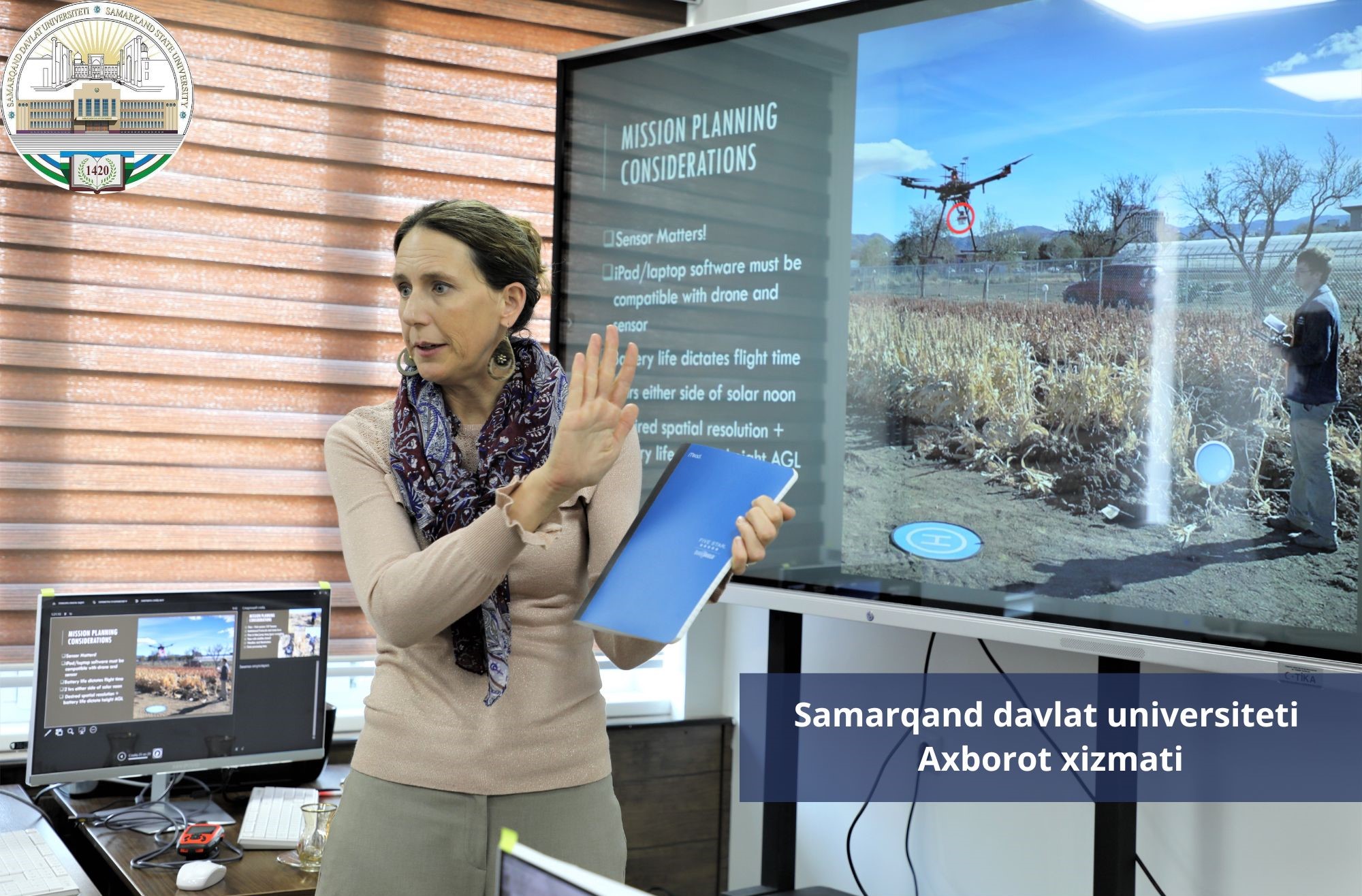
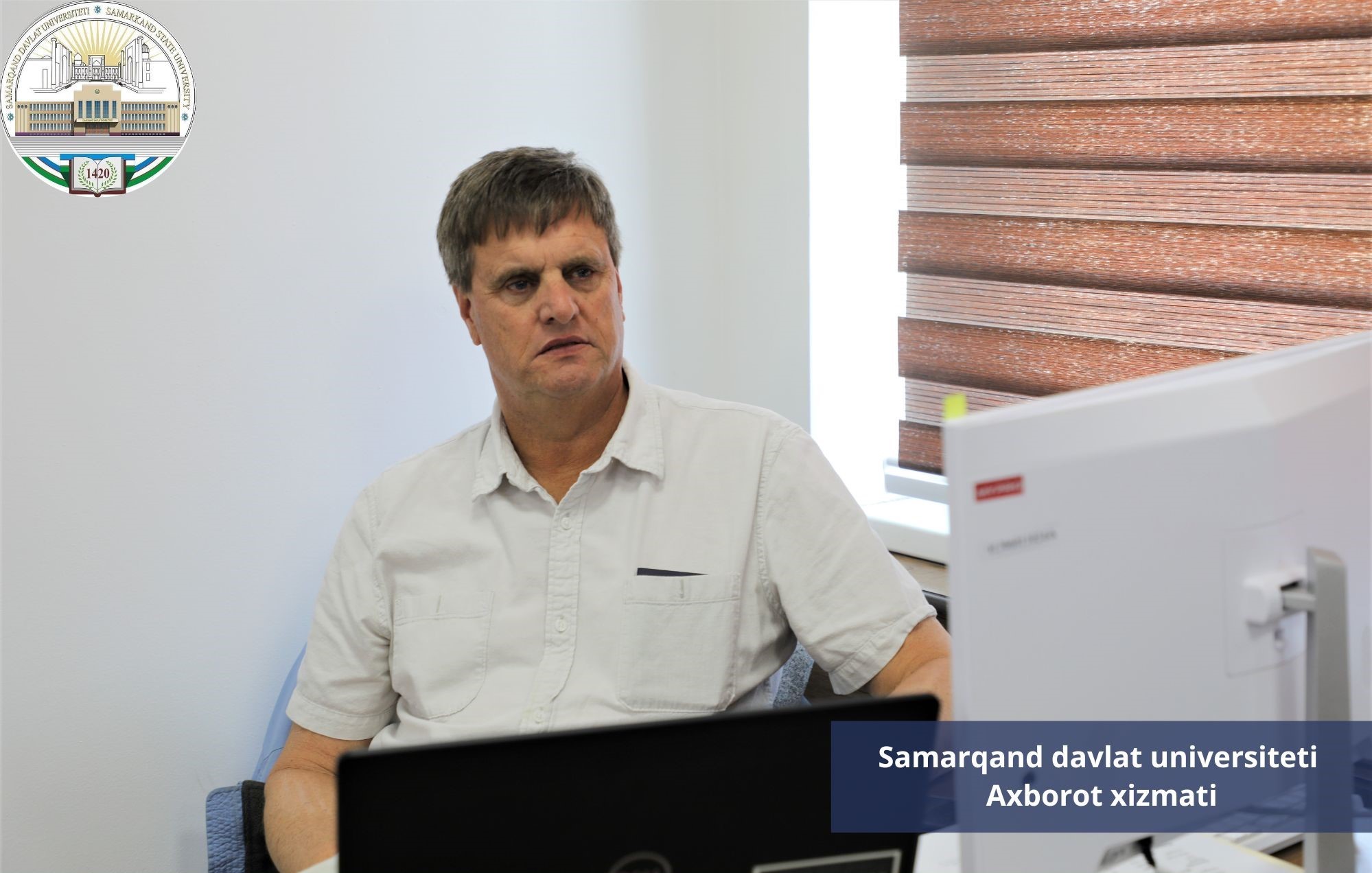
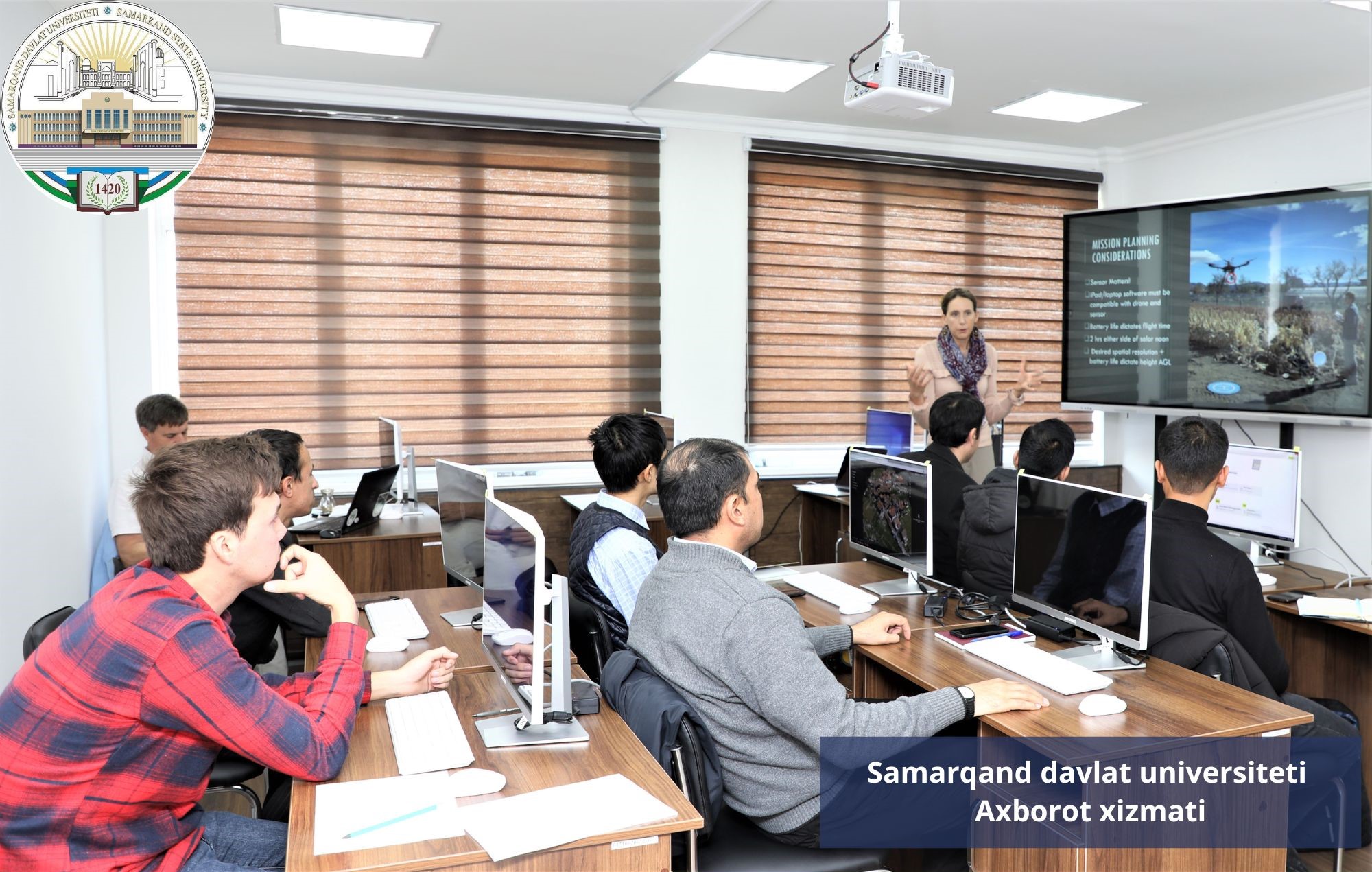
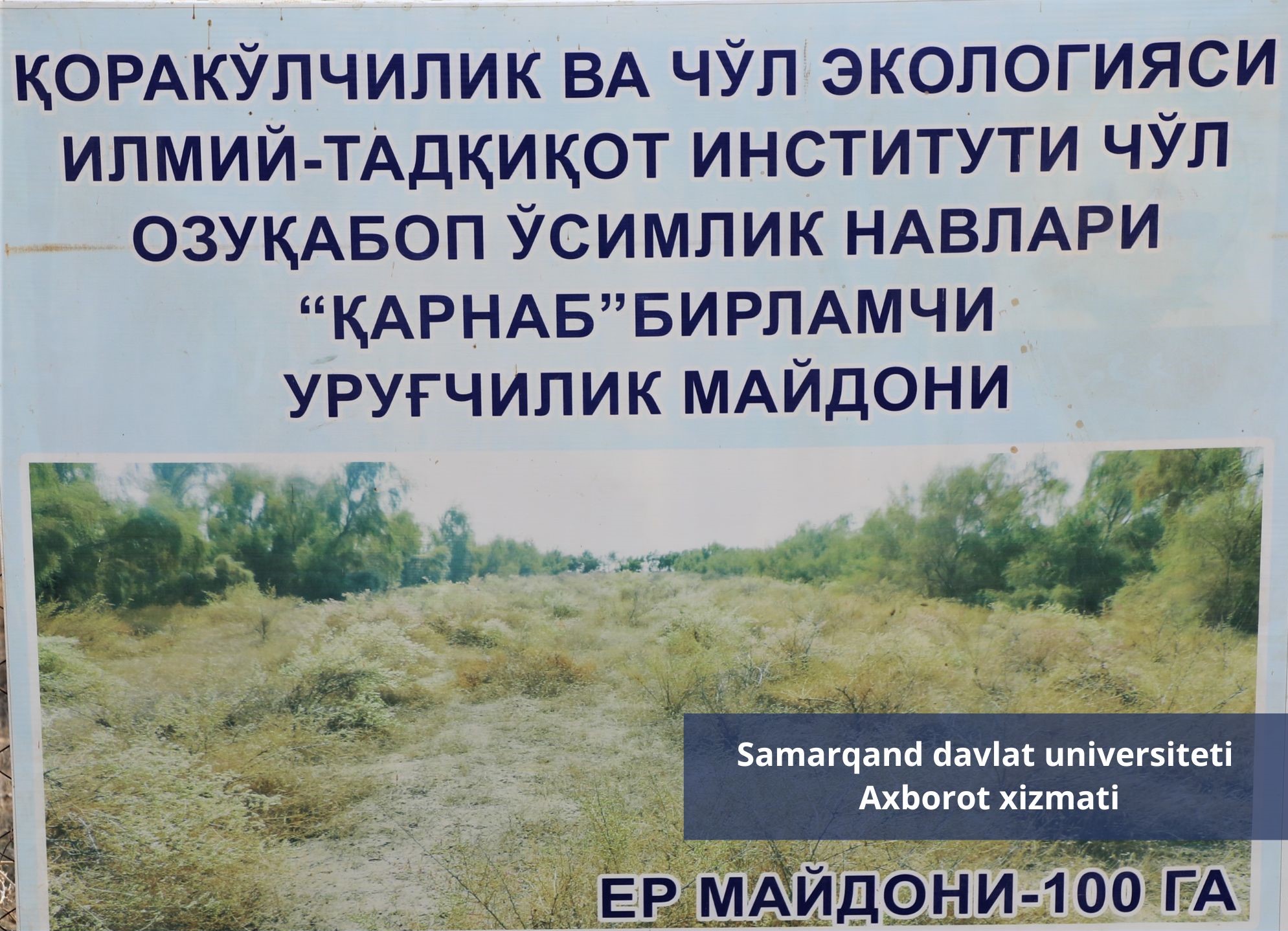
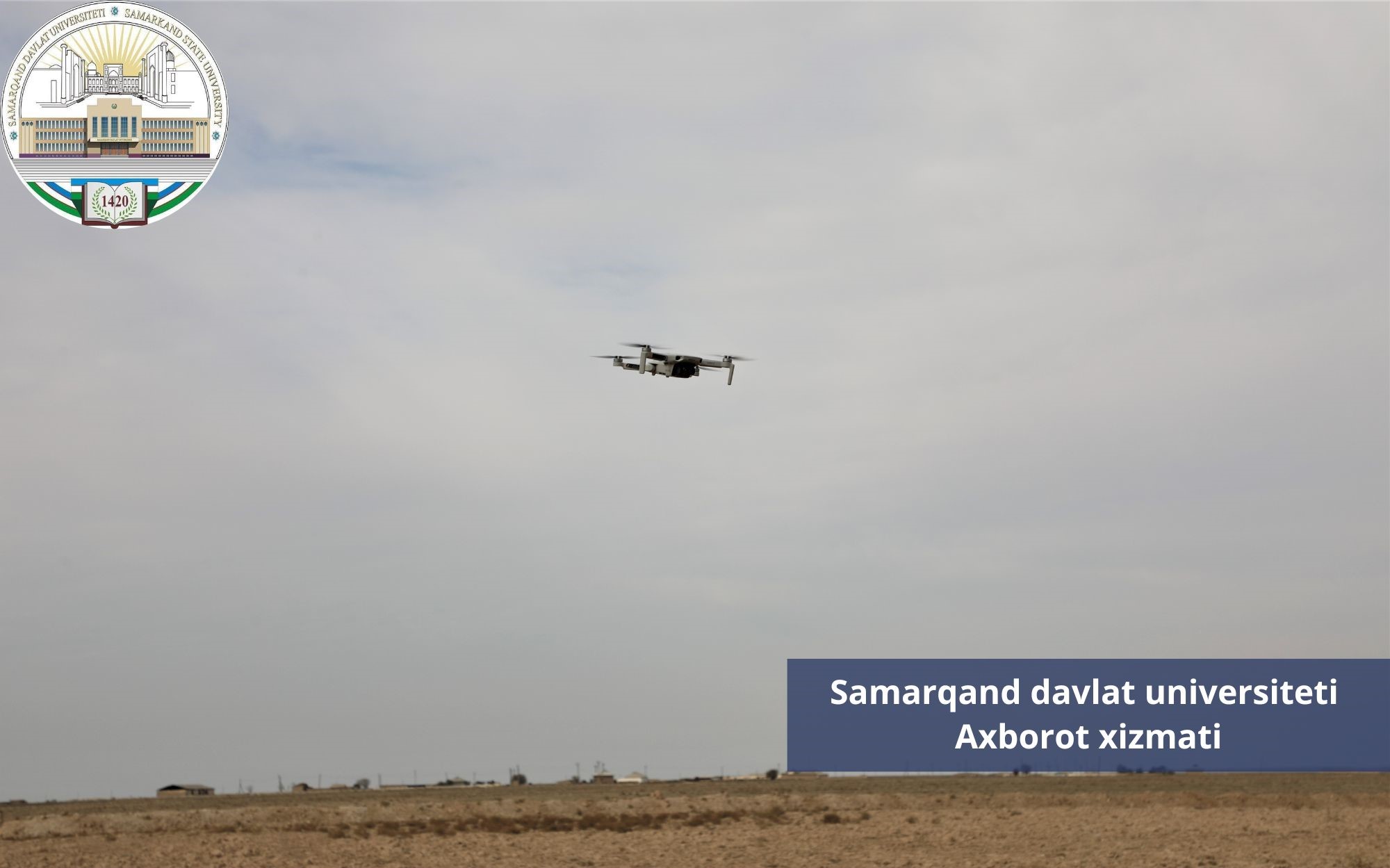
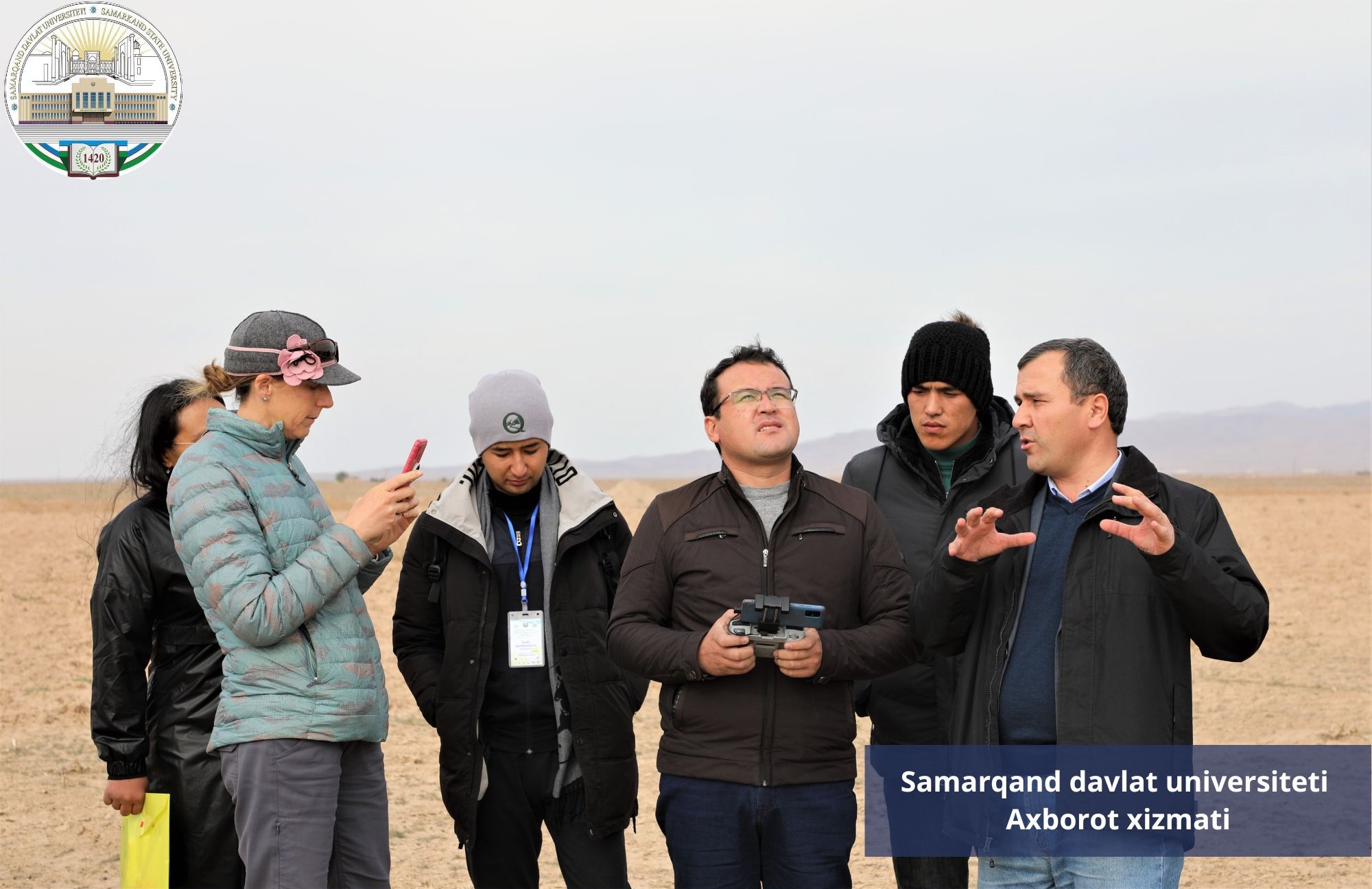
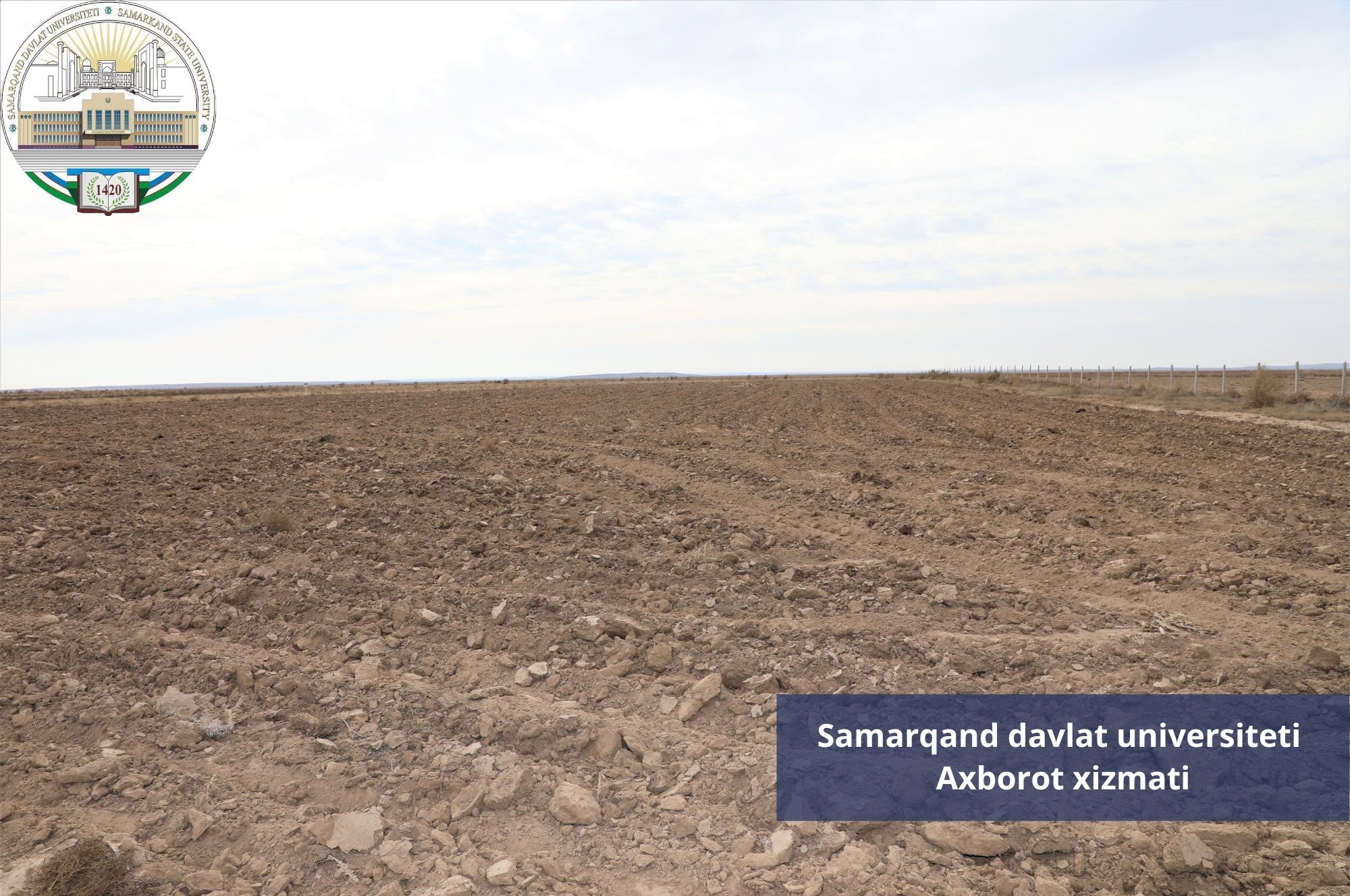
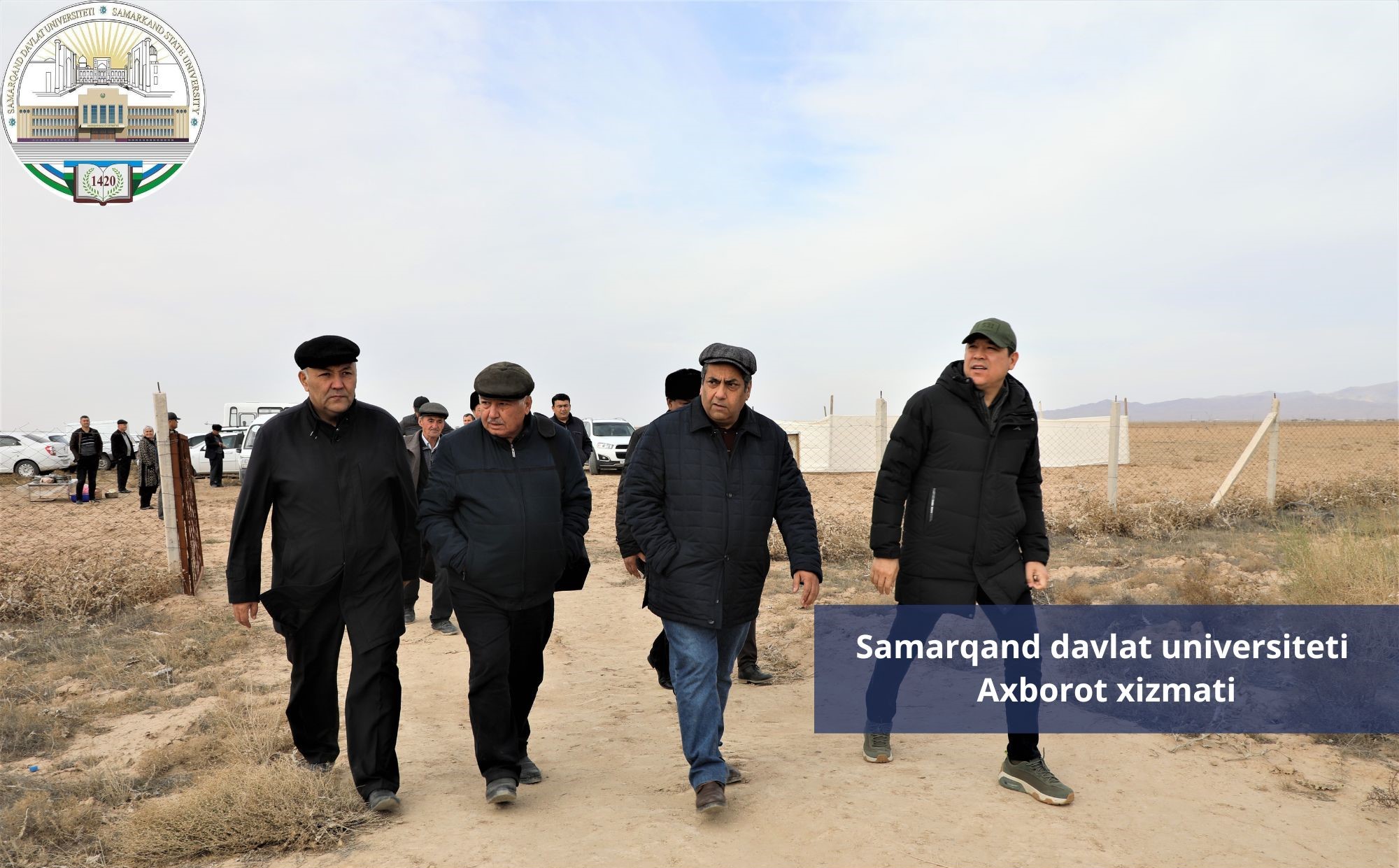
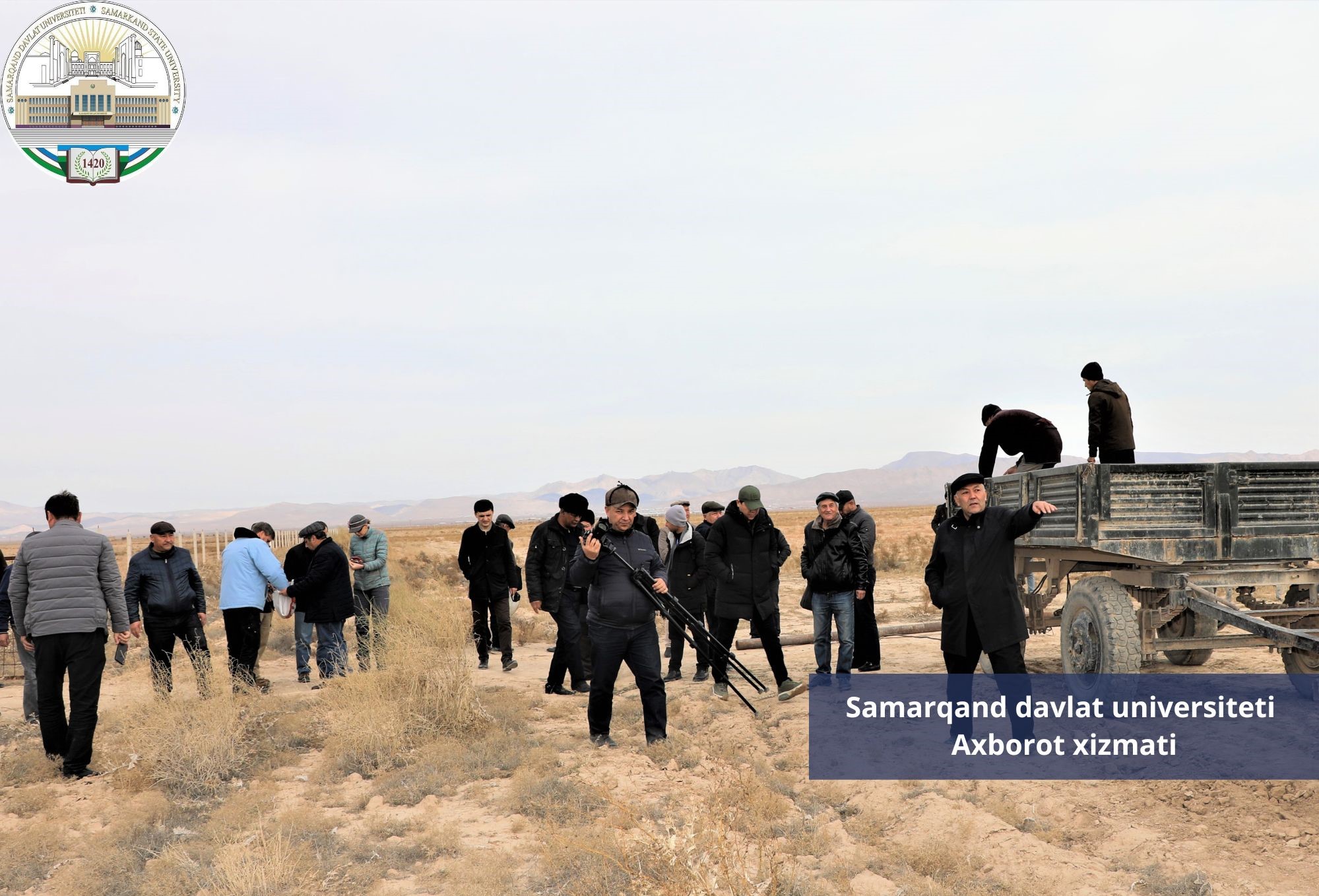
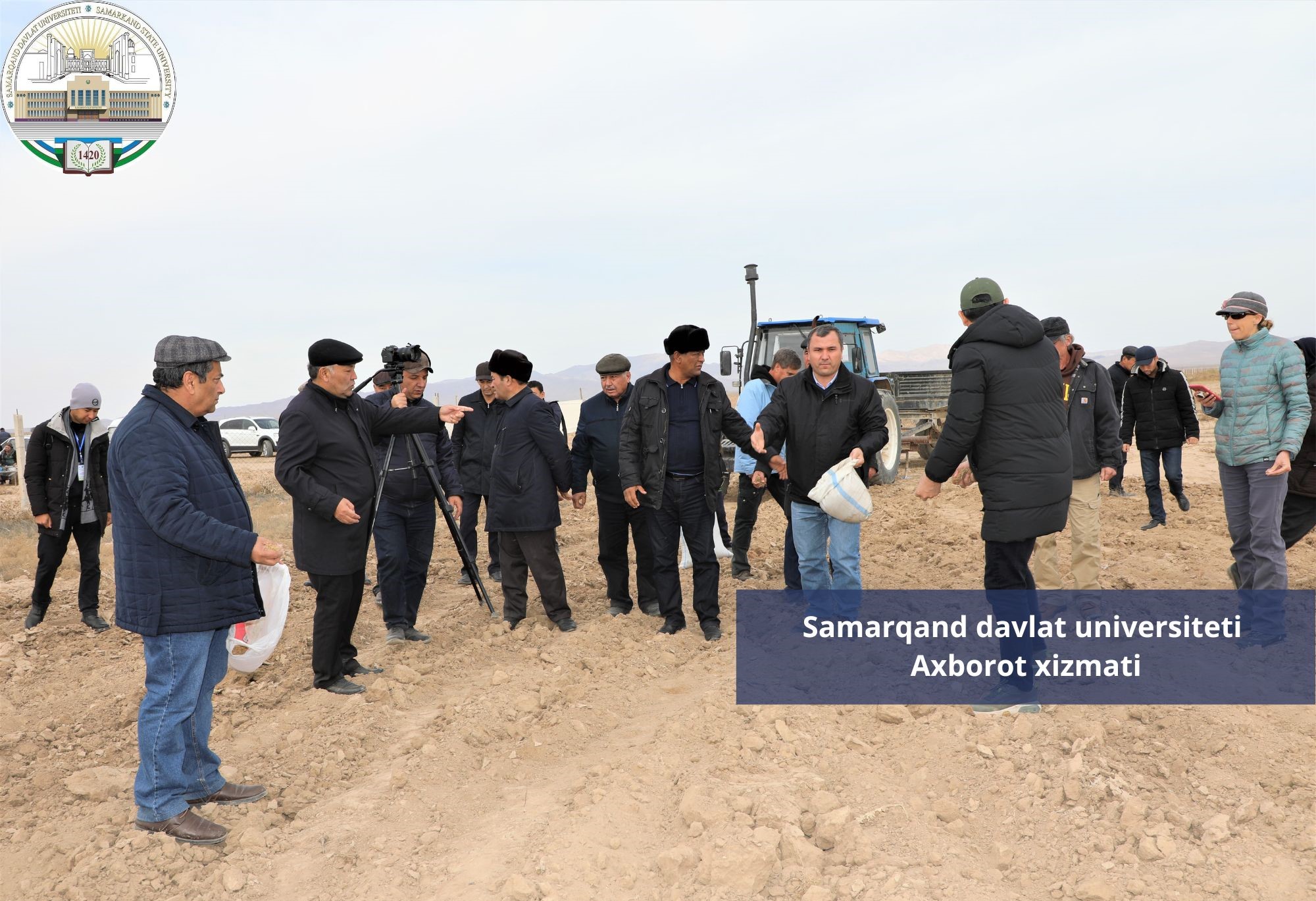
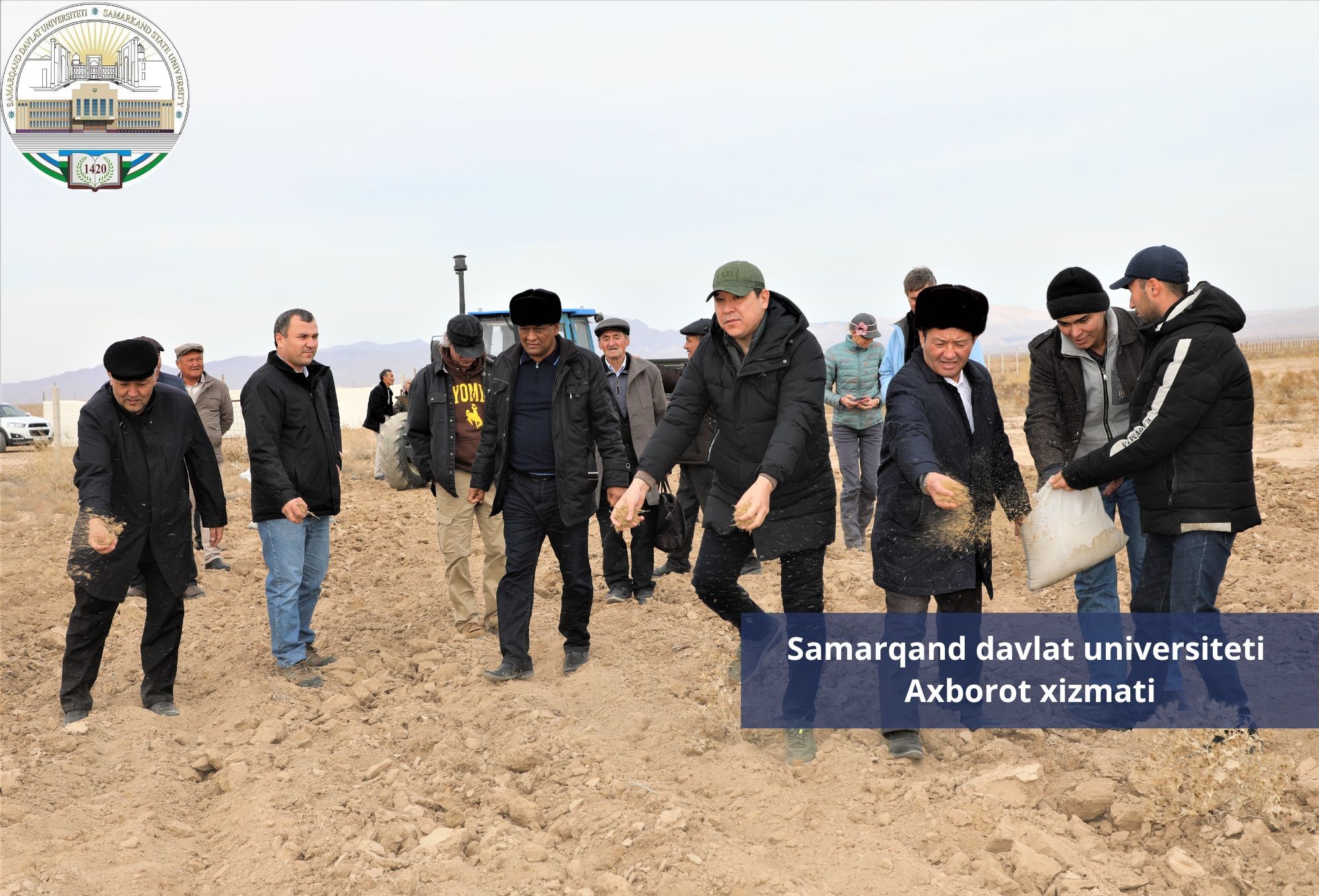
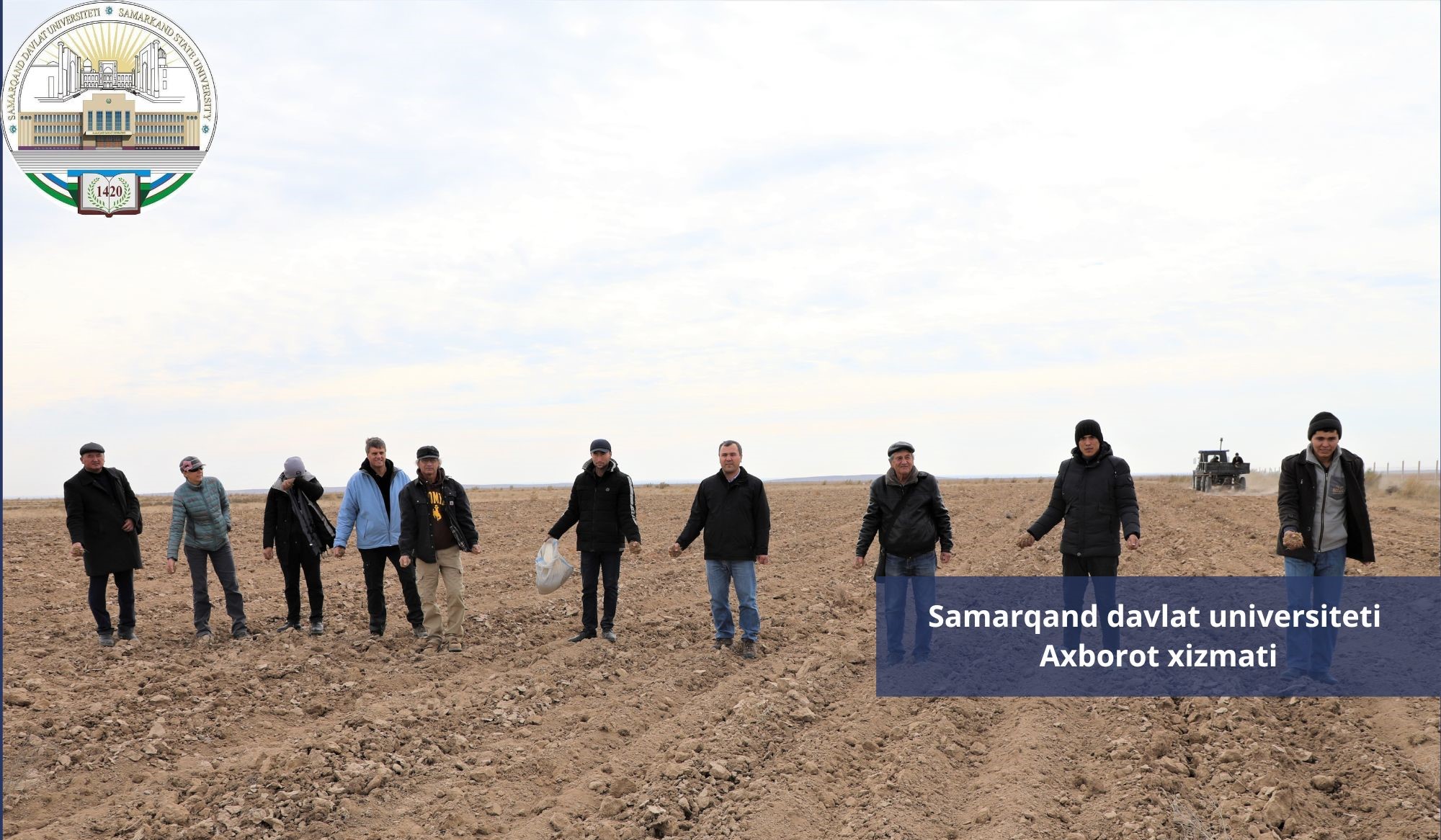
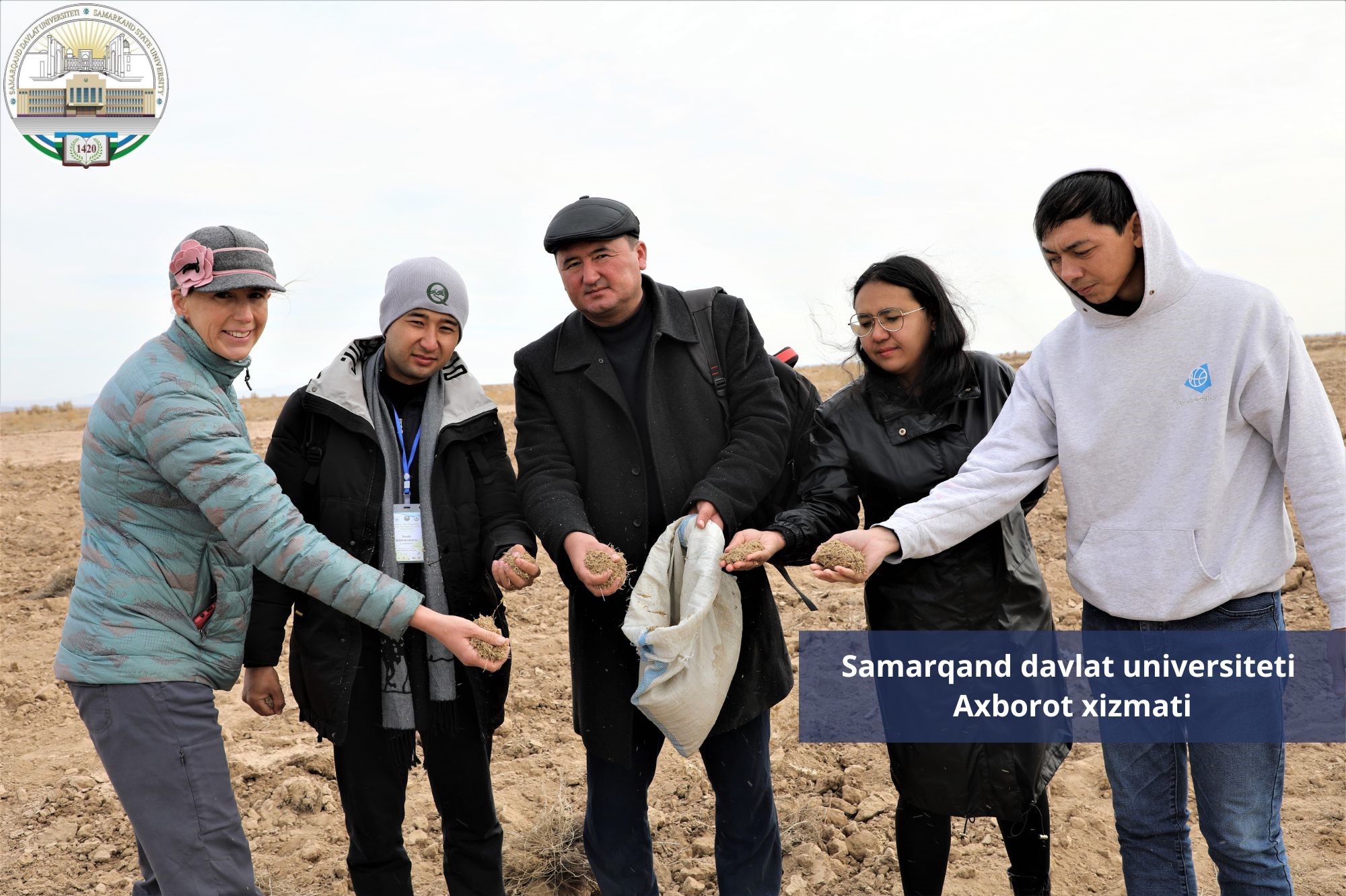
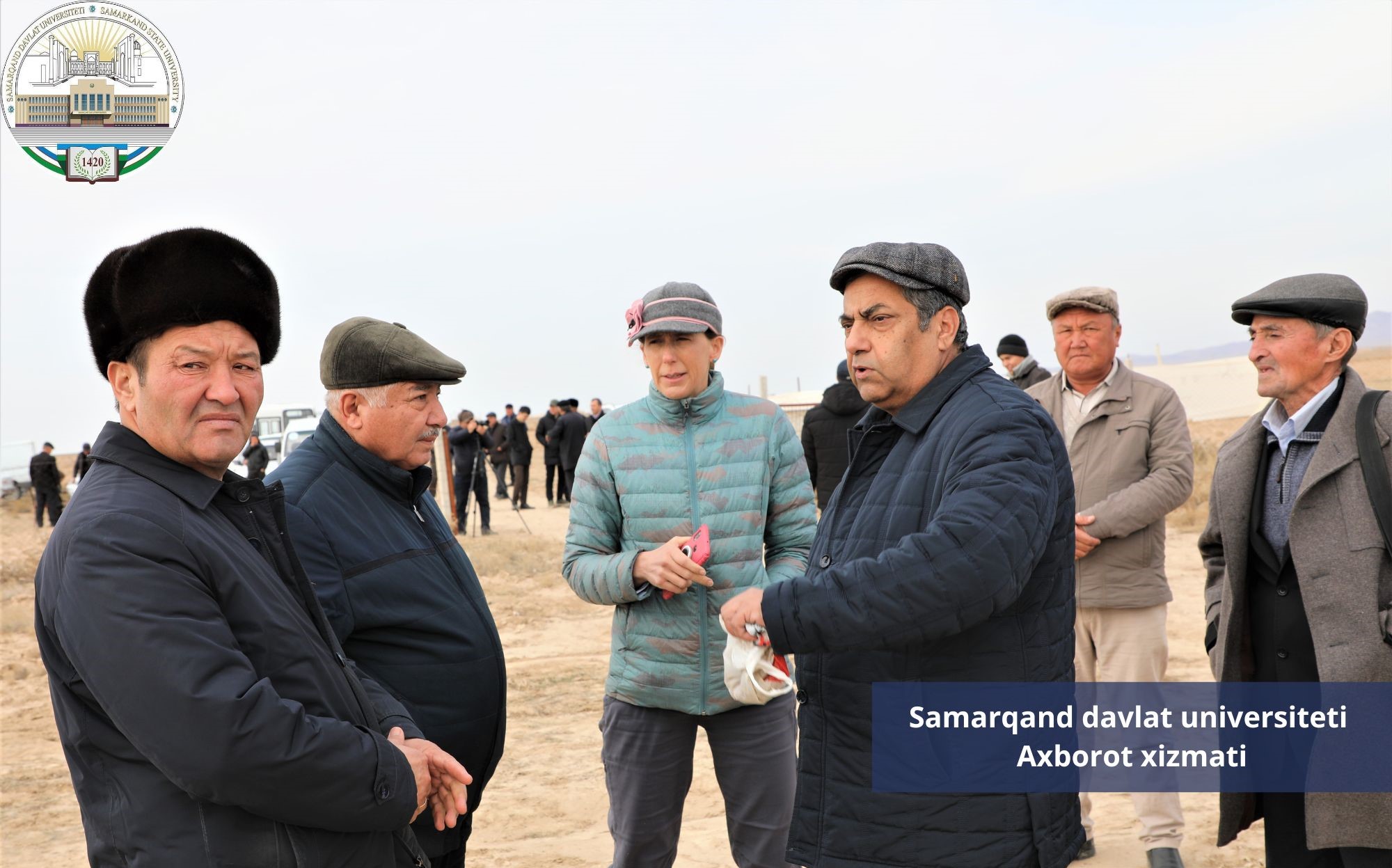
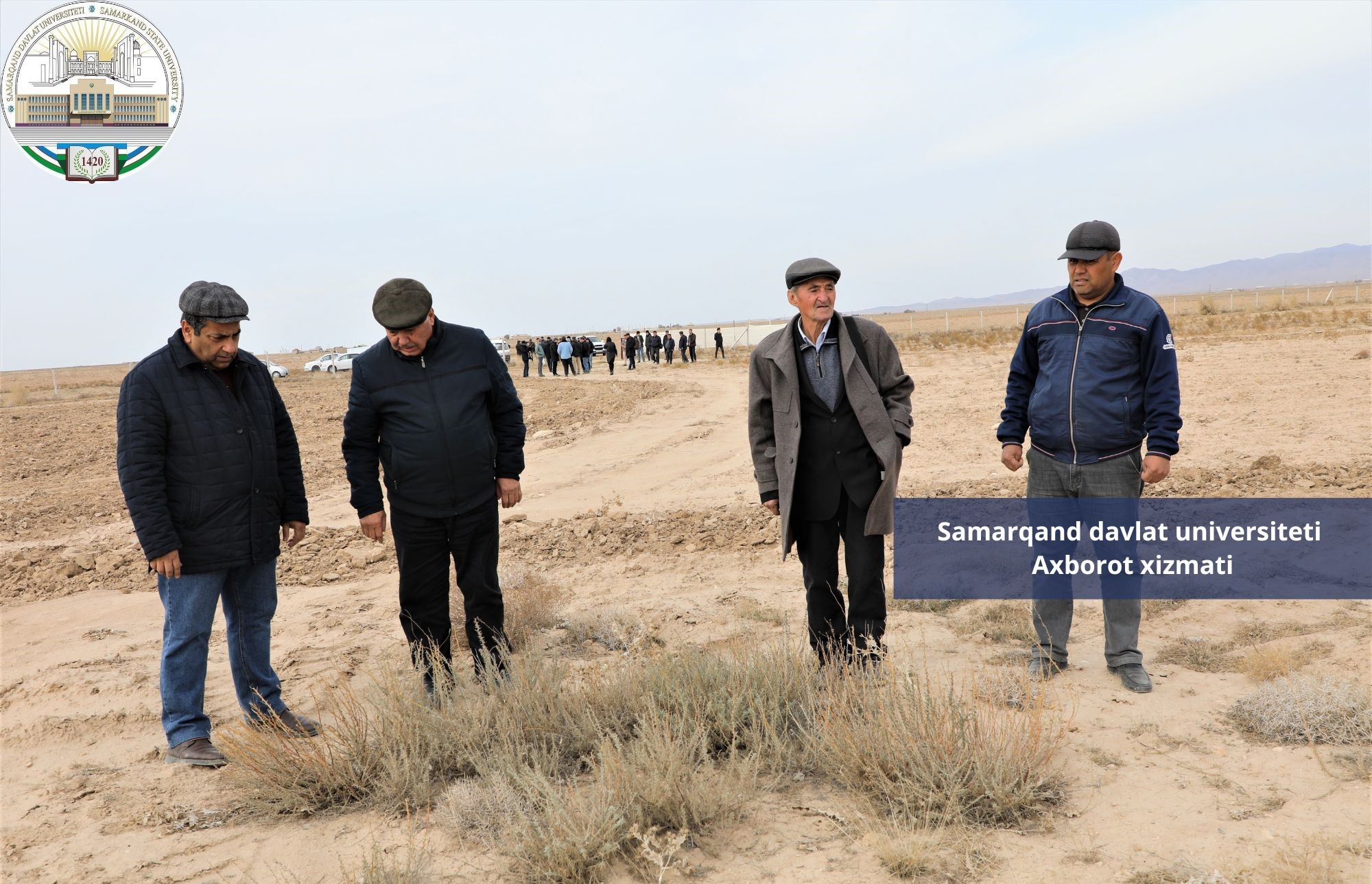
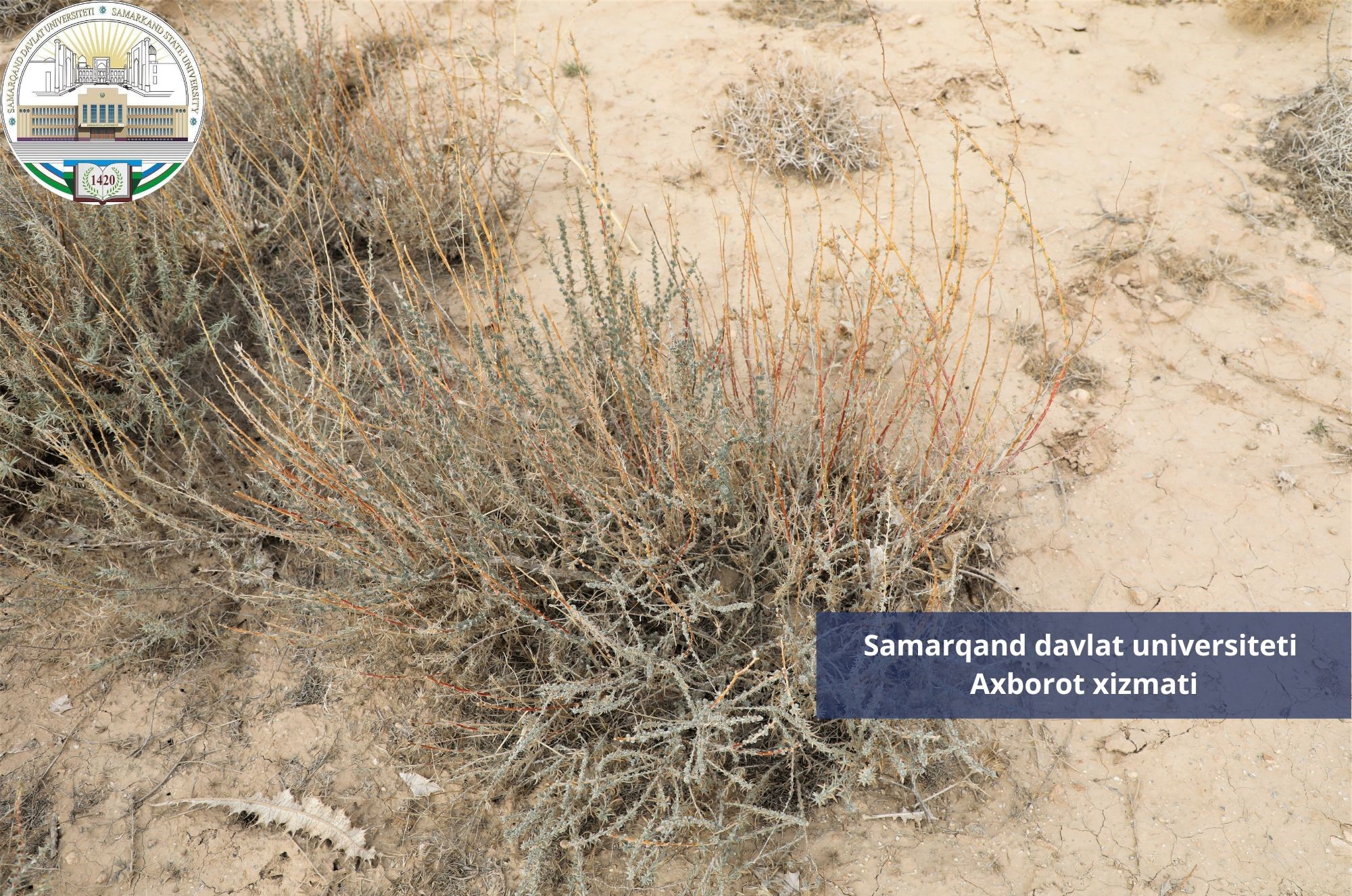
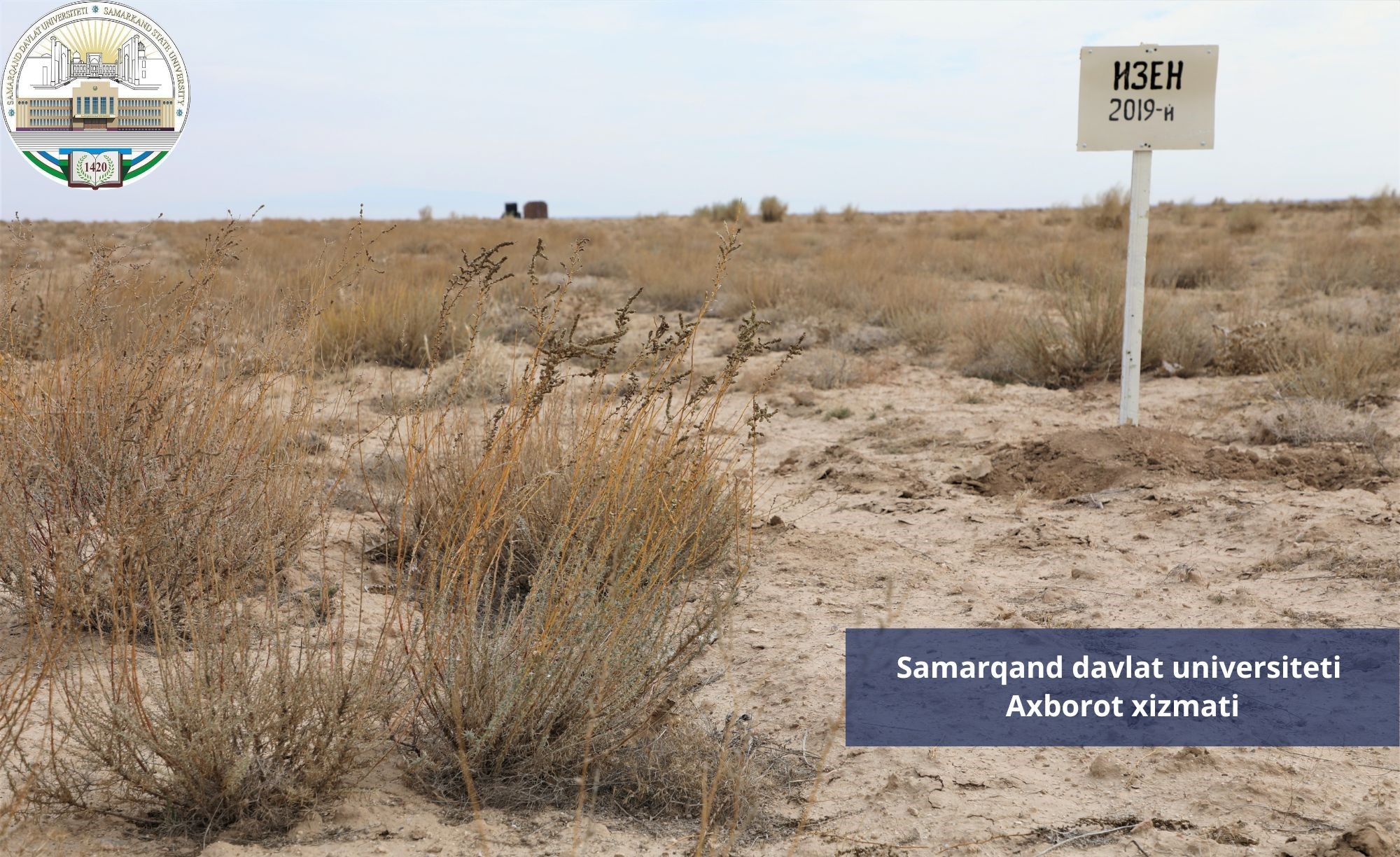
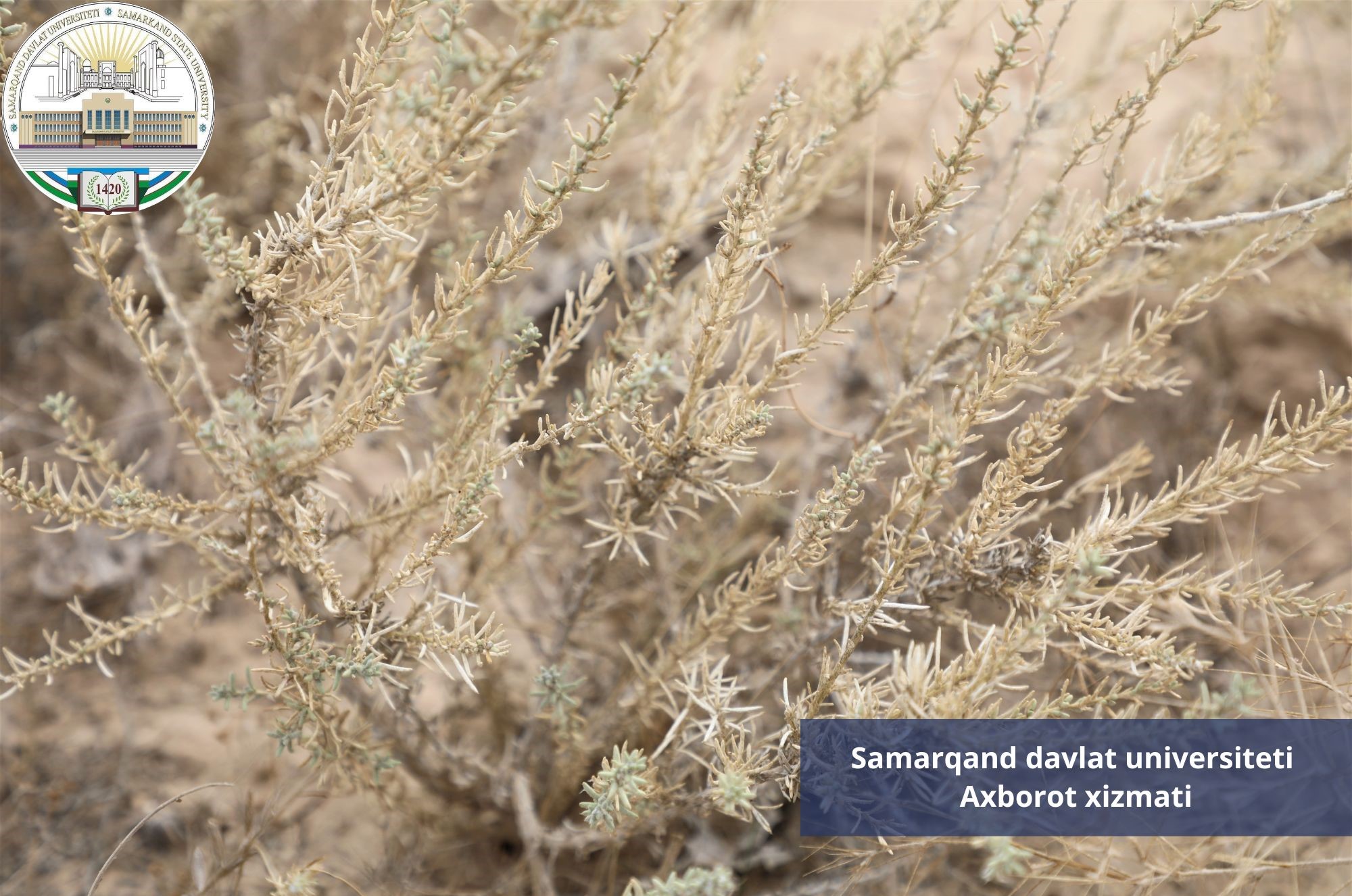
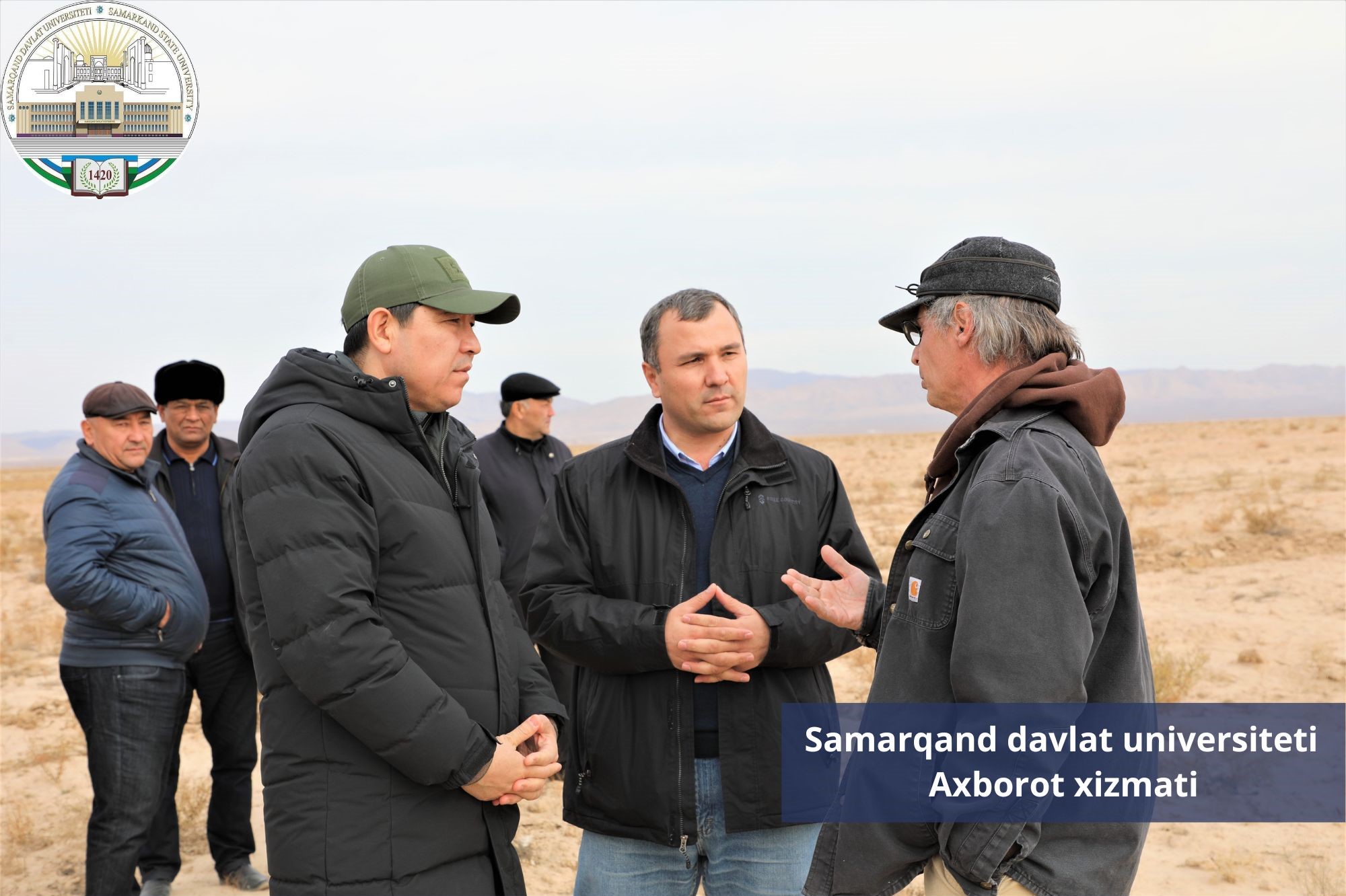
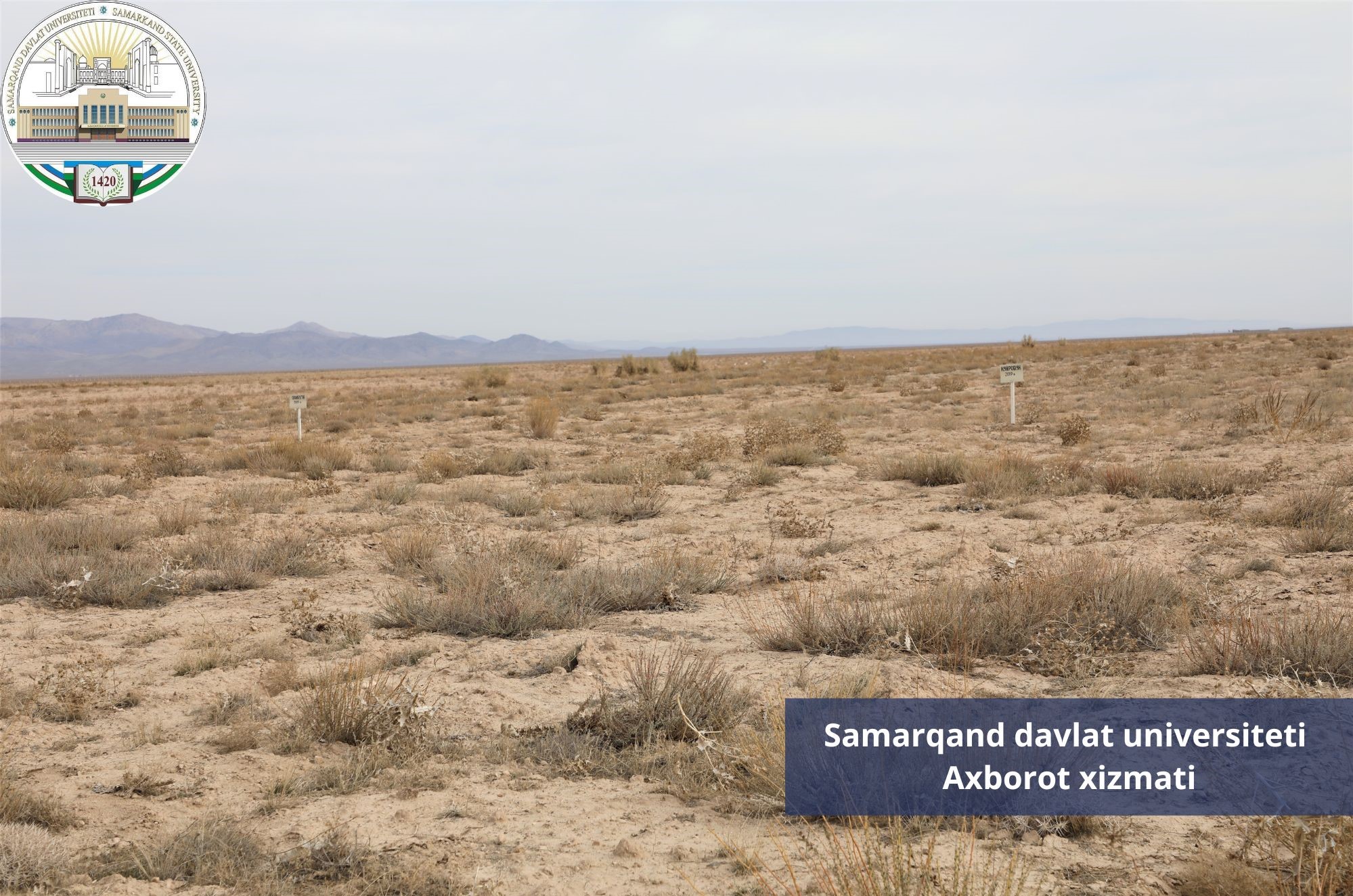
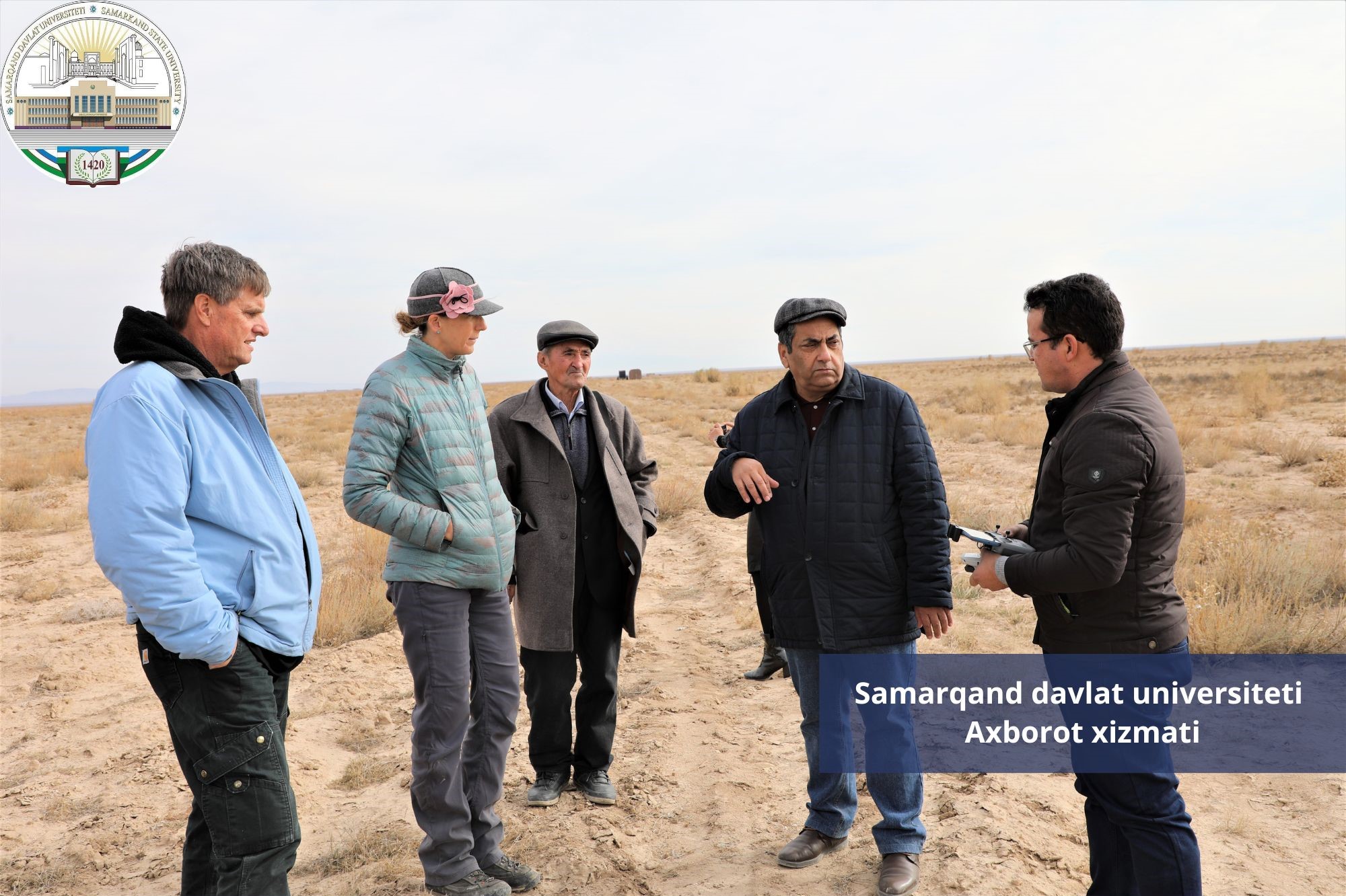
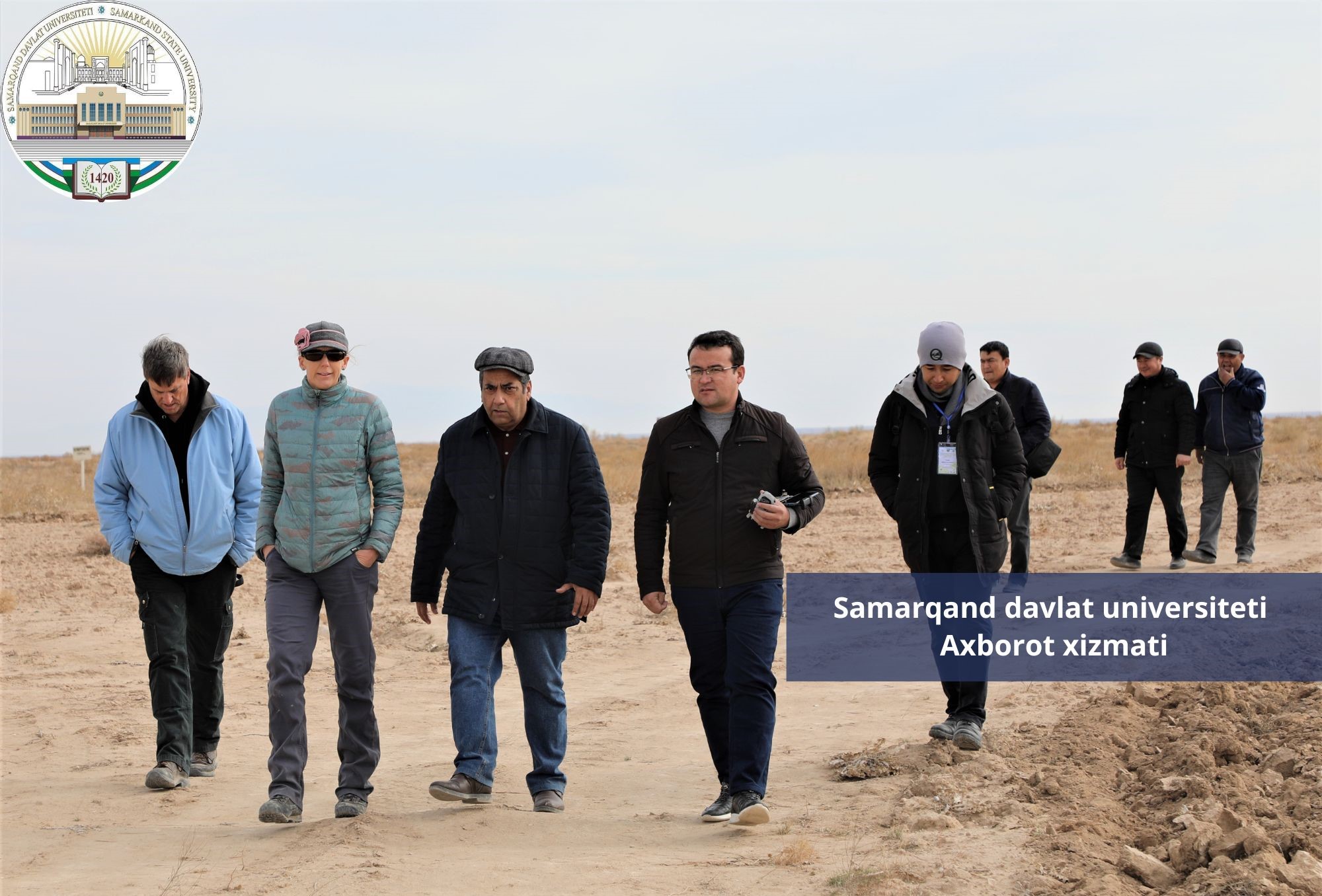
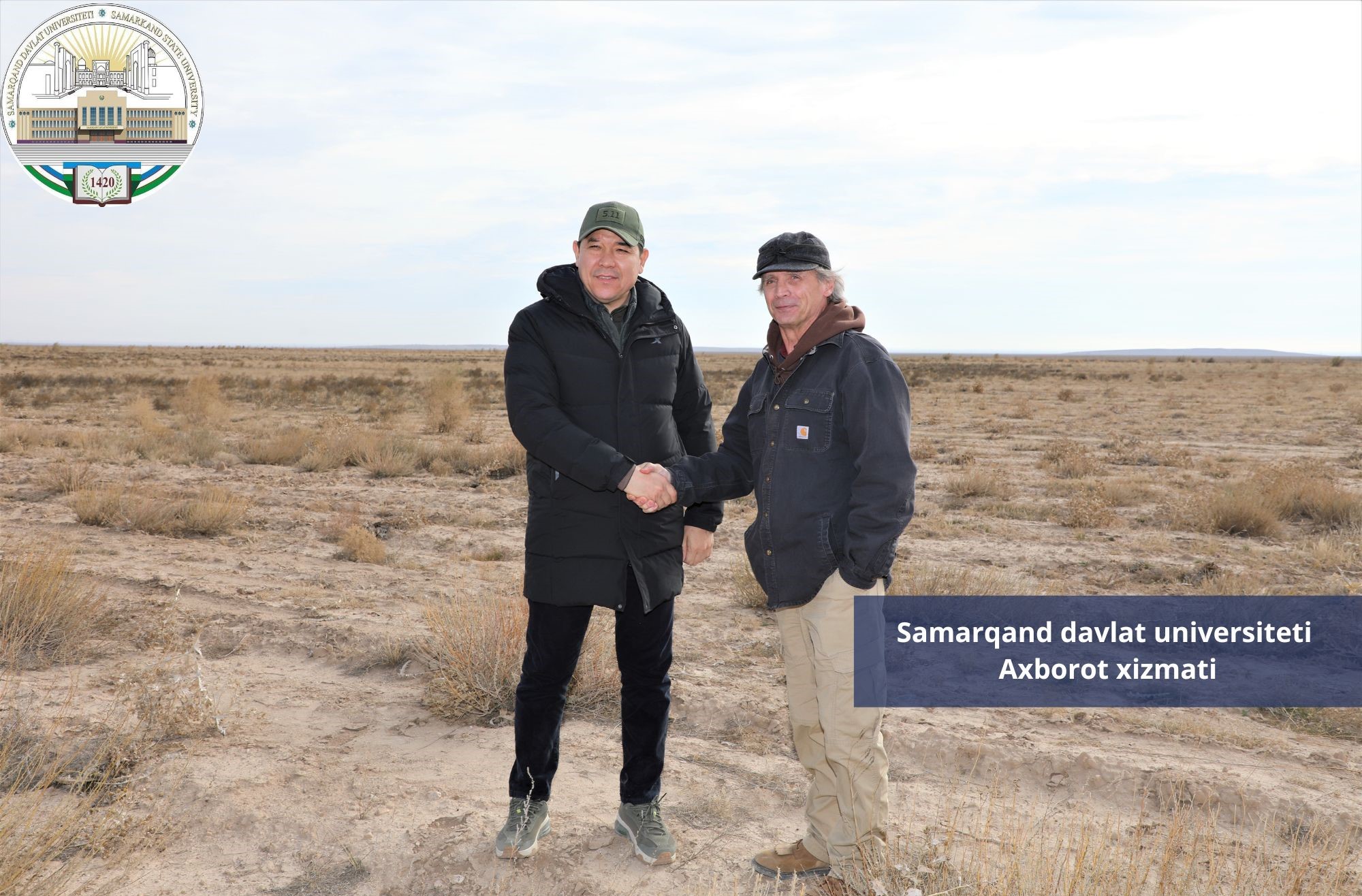

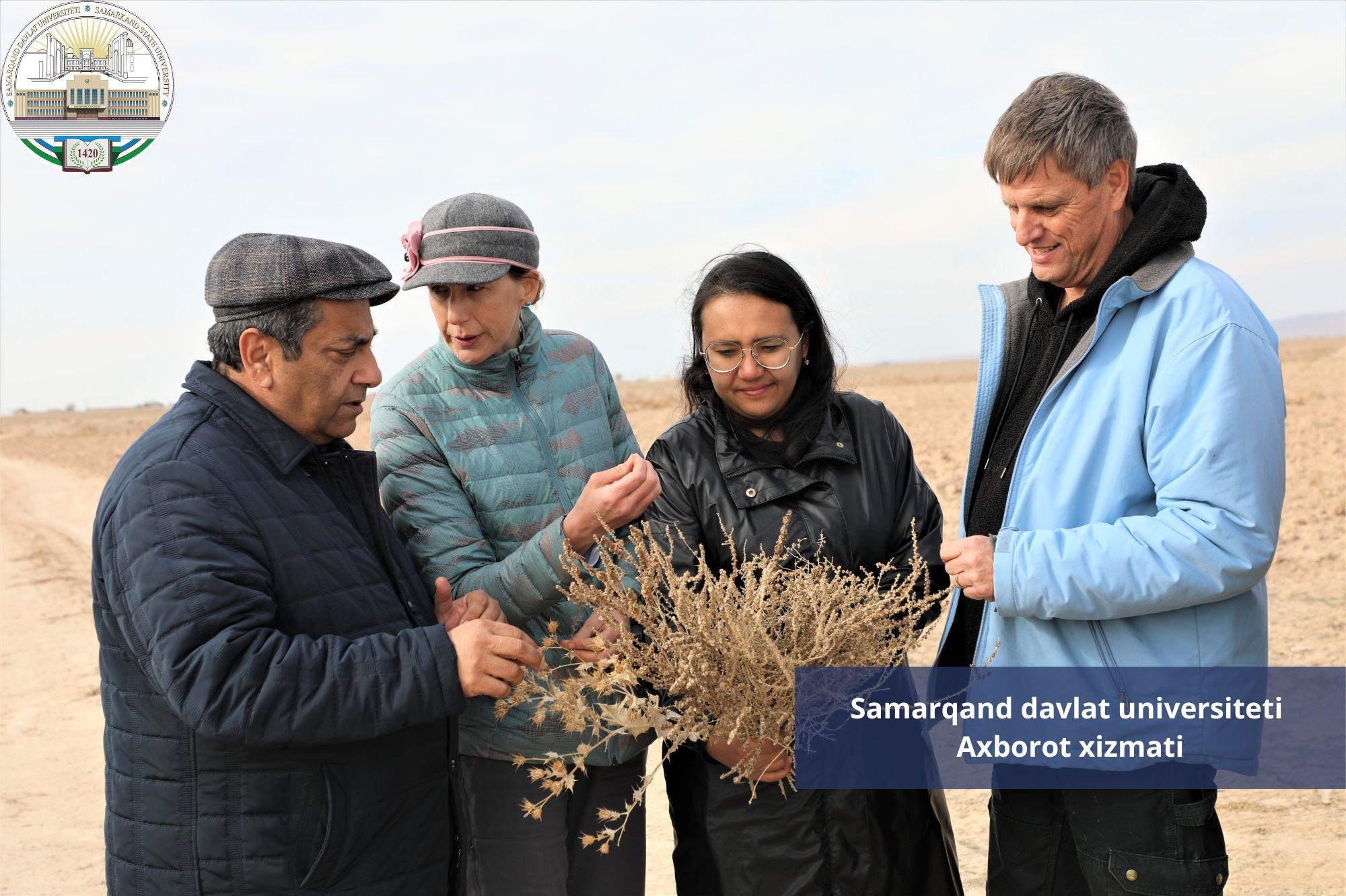
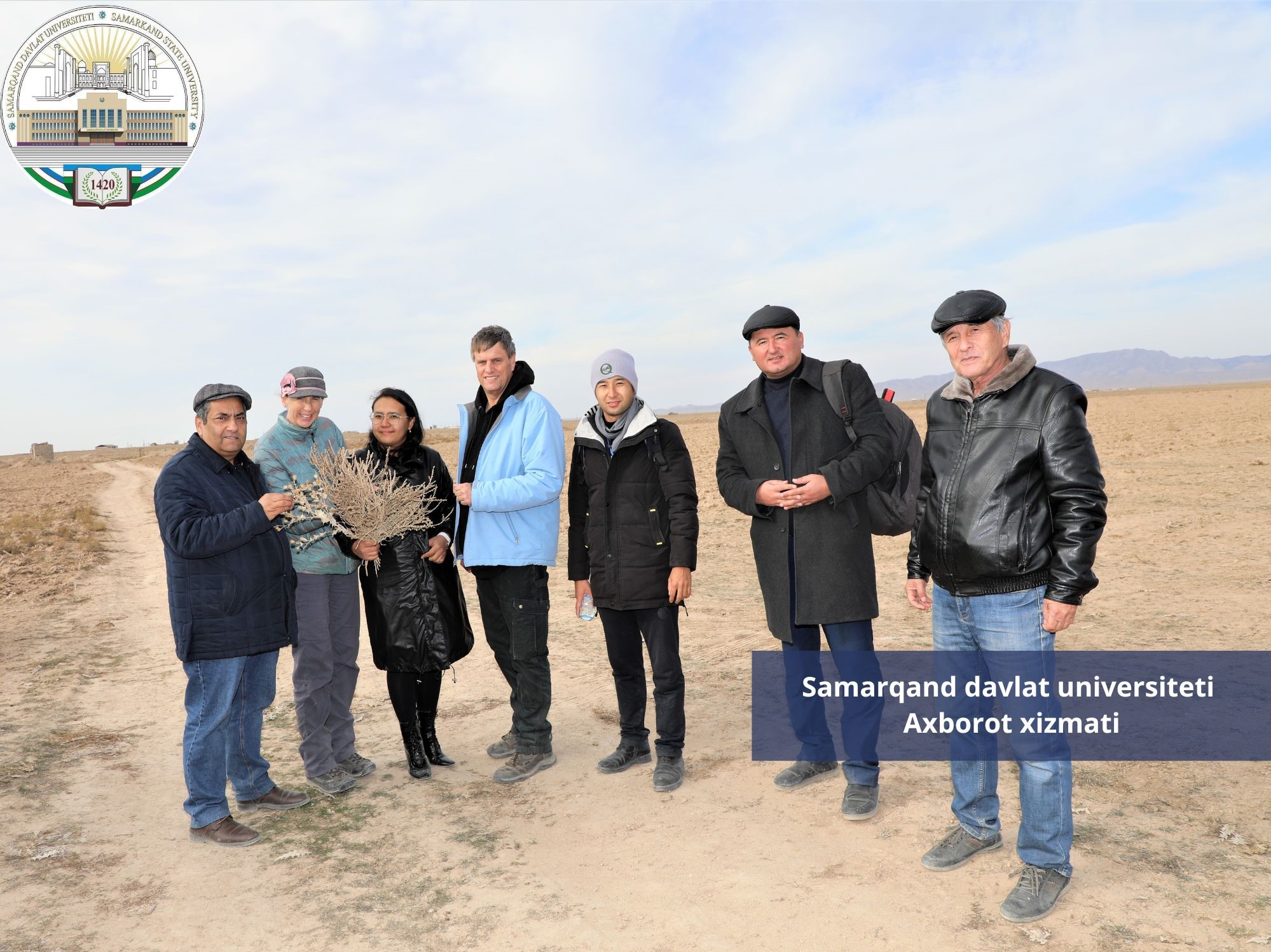

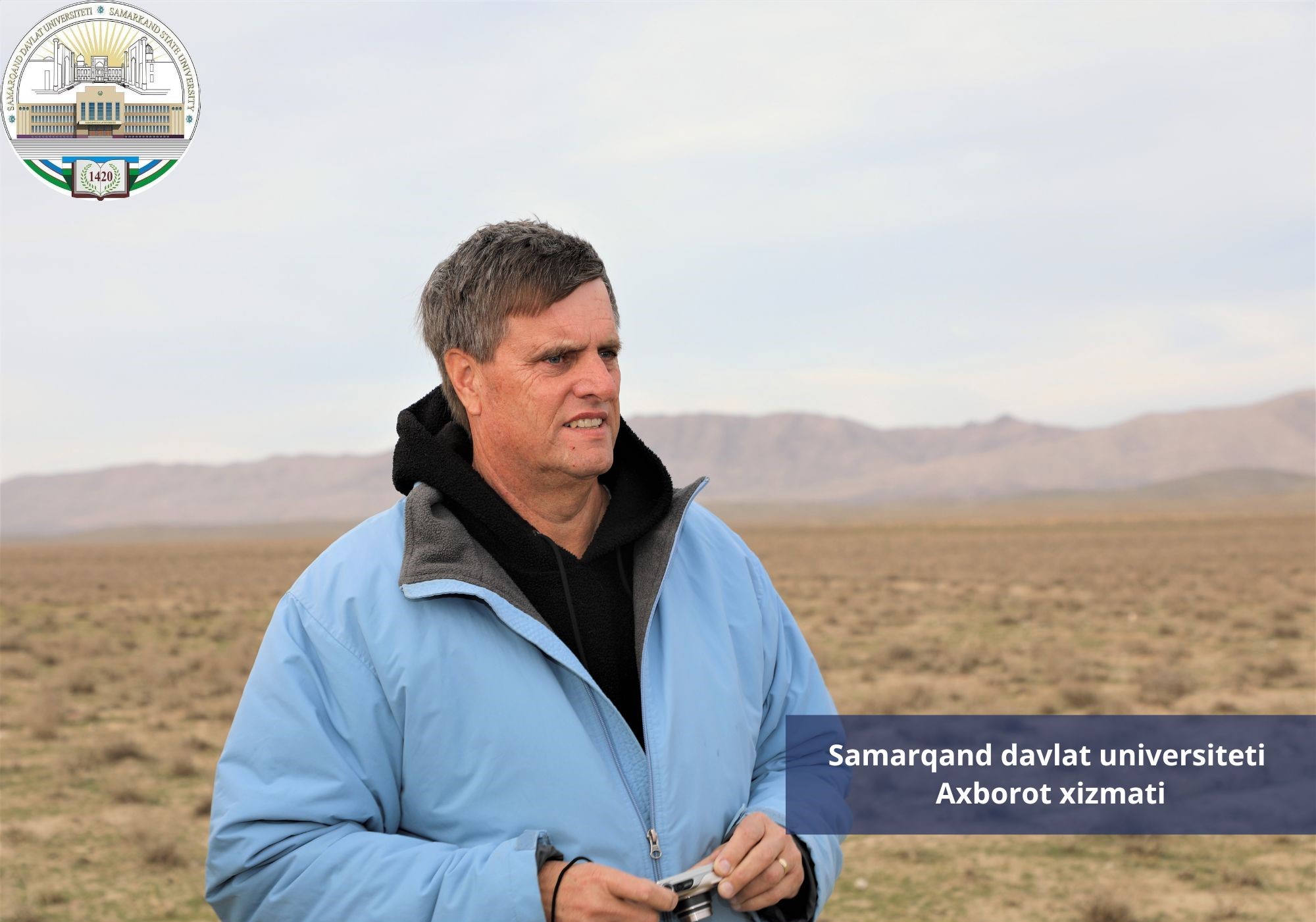
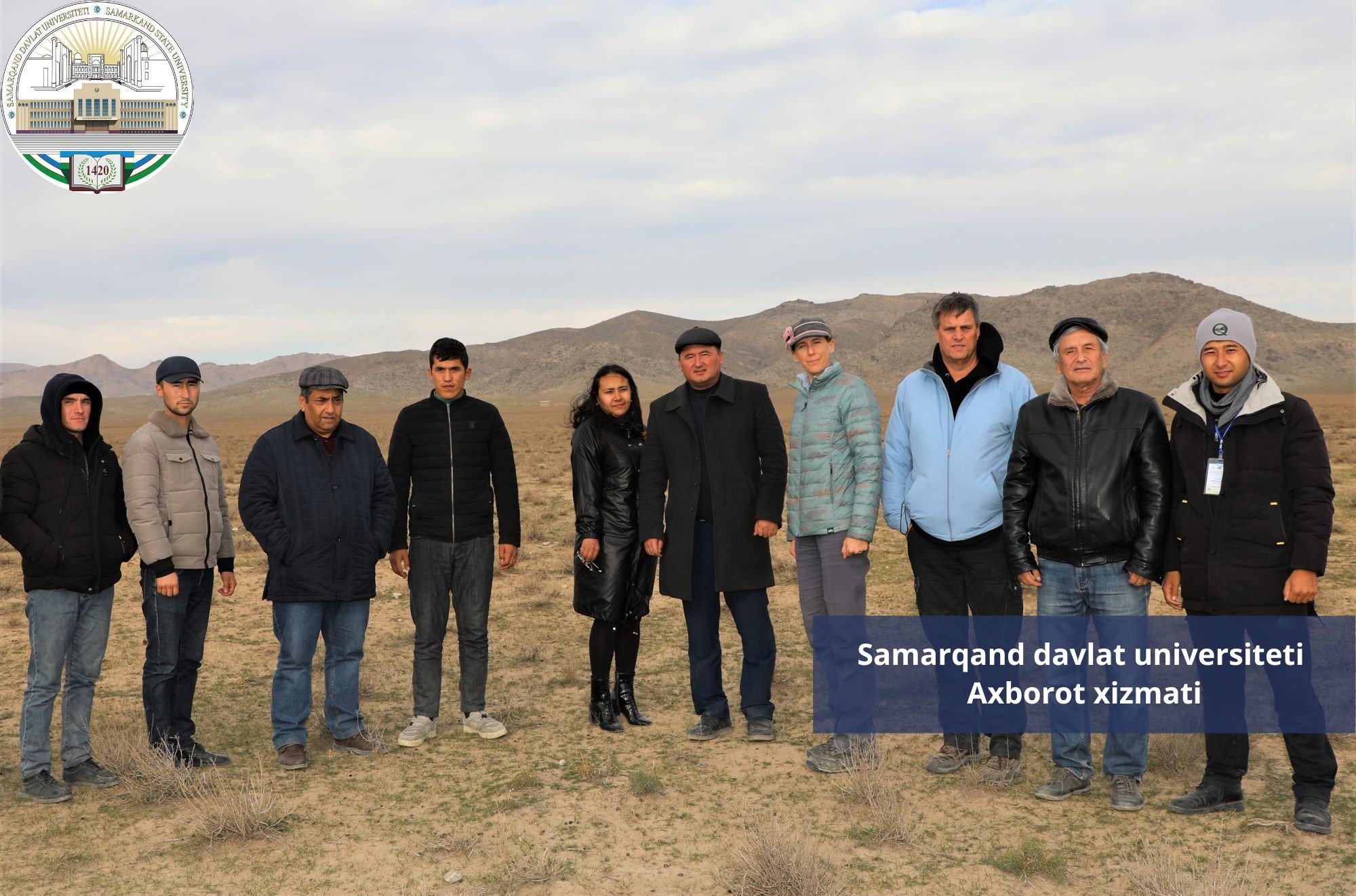
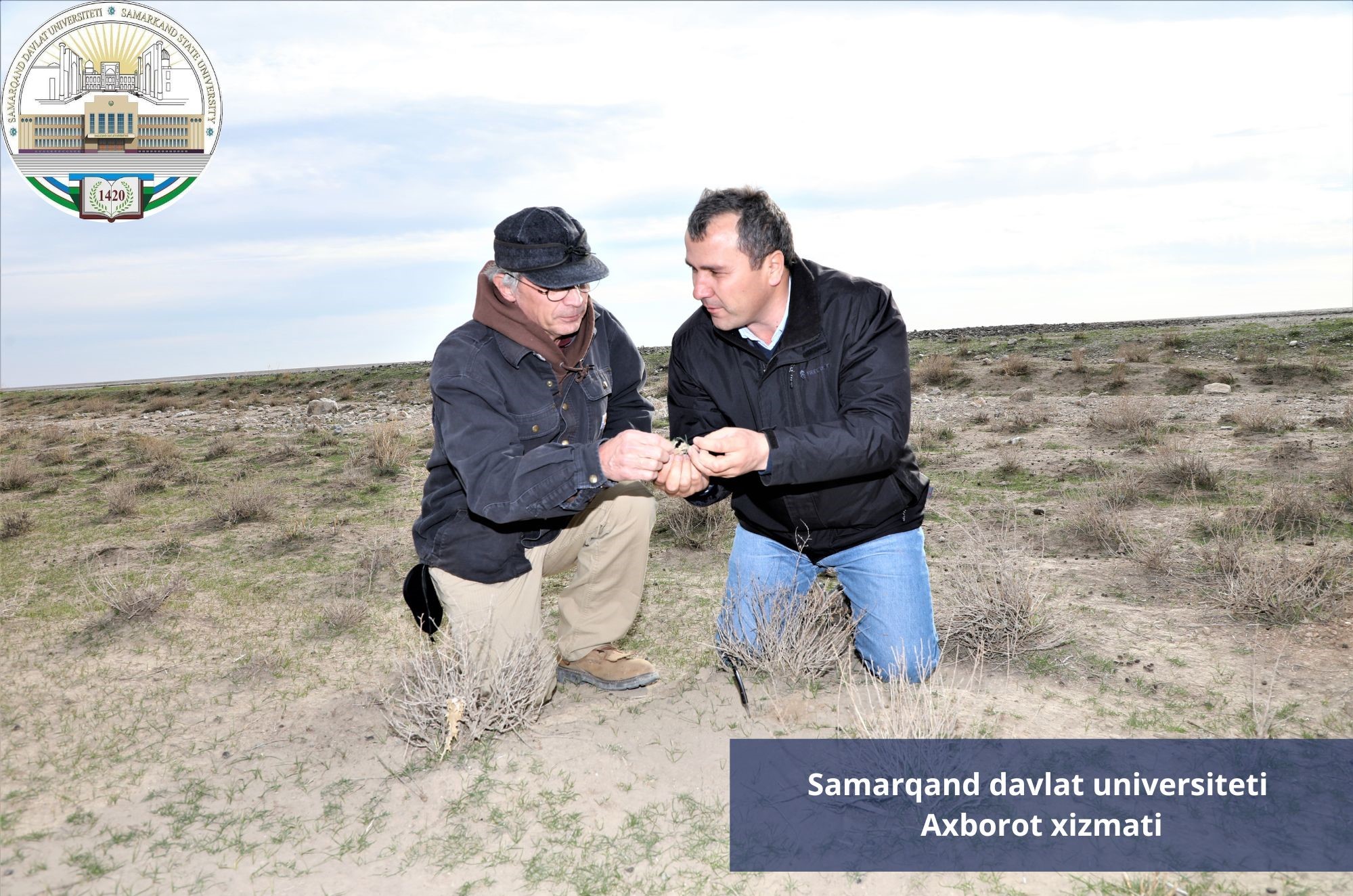
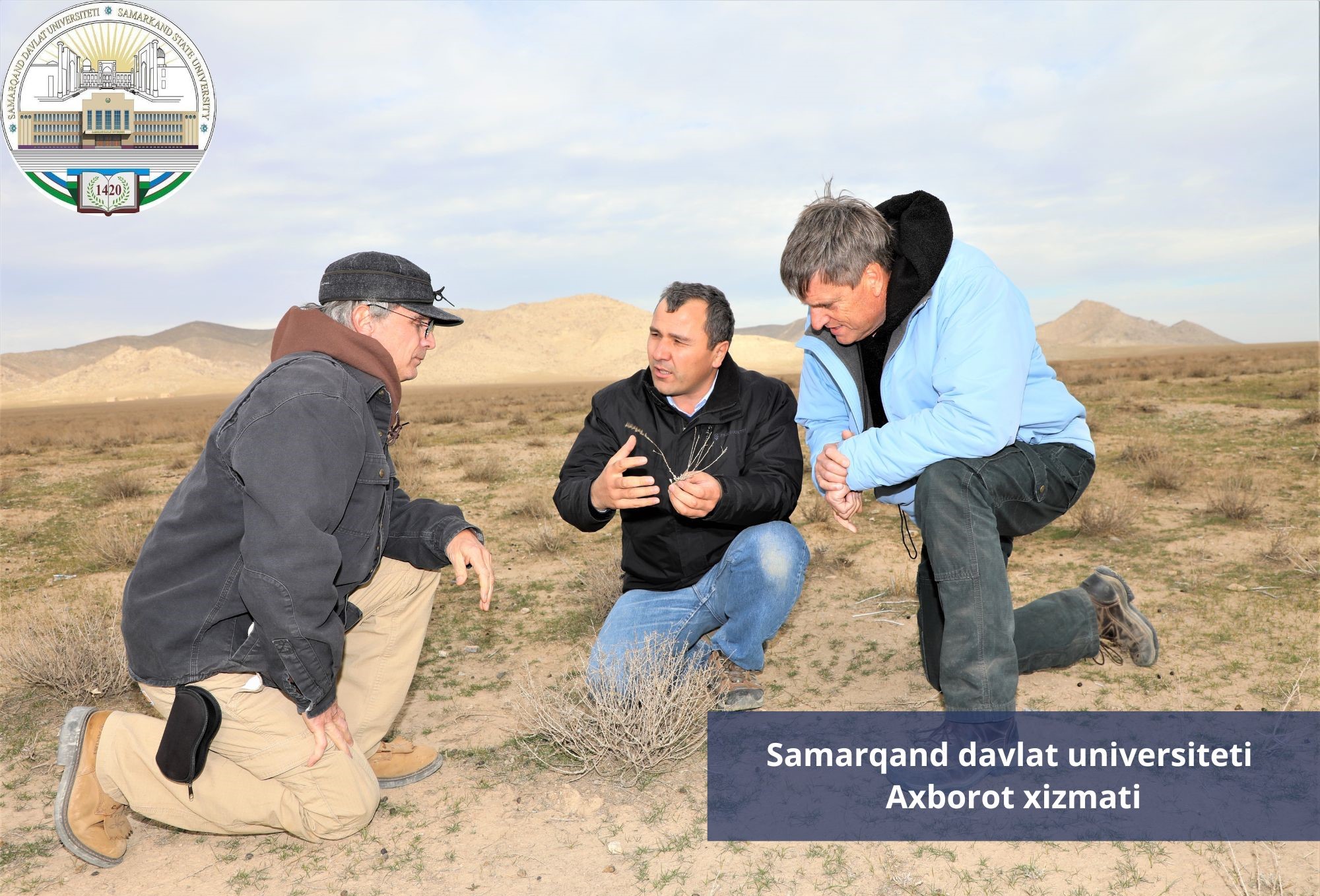
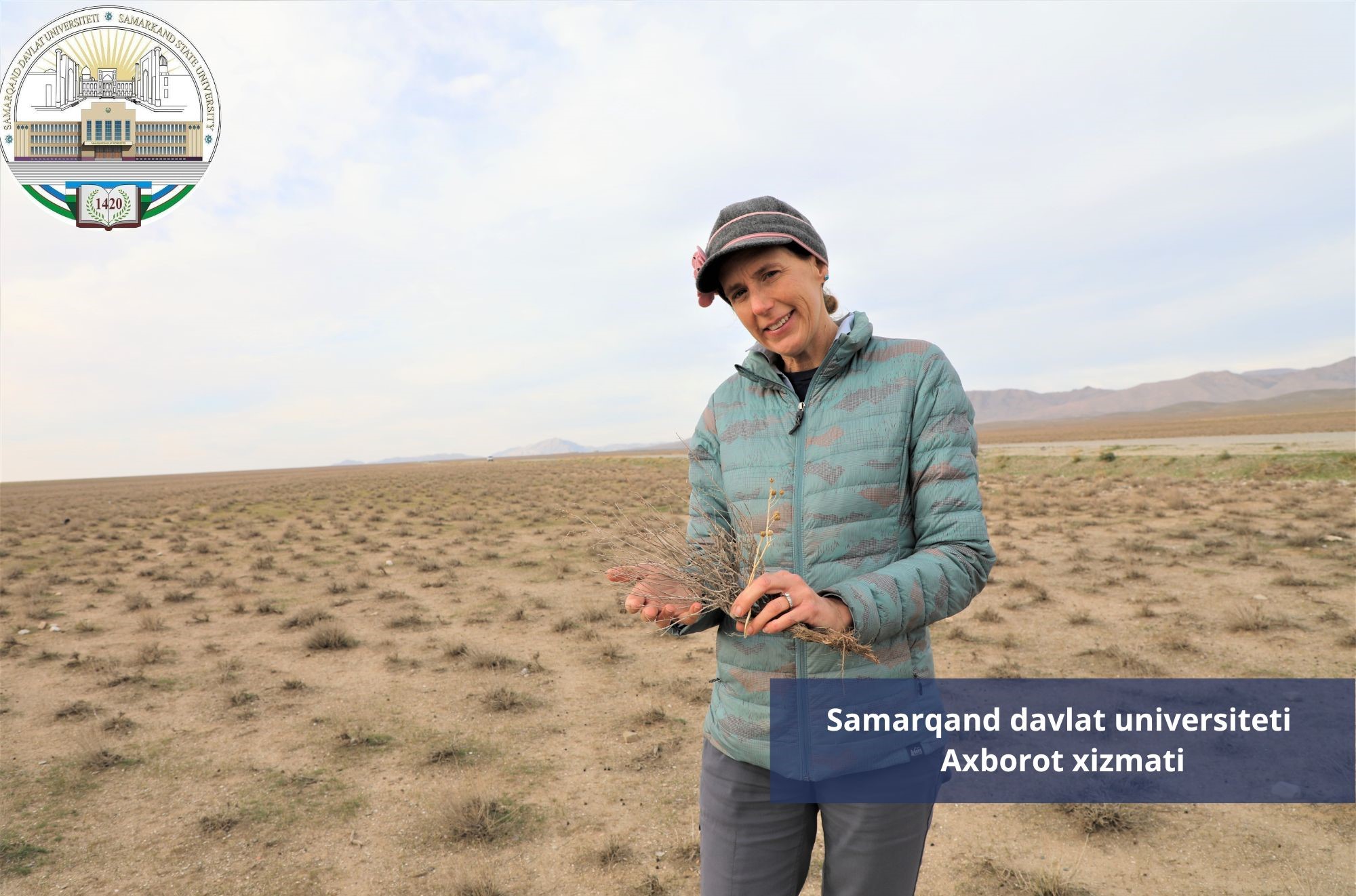
Iroda BEKMURODOVA,
Samarkand State University
Information officer.
Photos taken by Shavkat Akramov.

